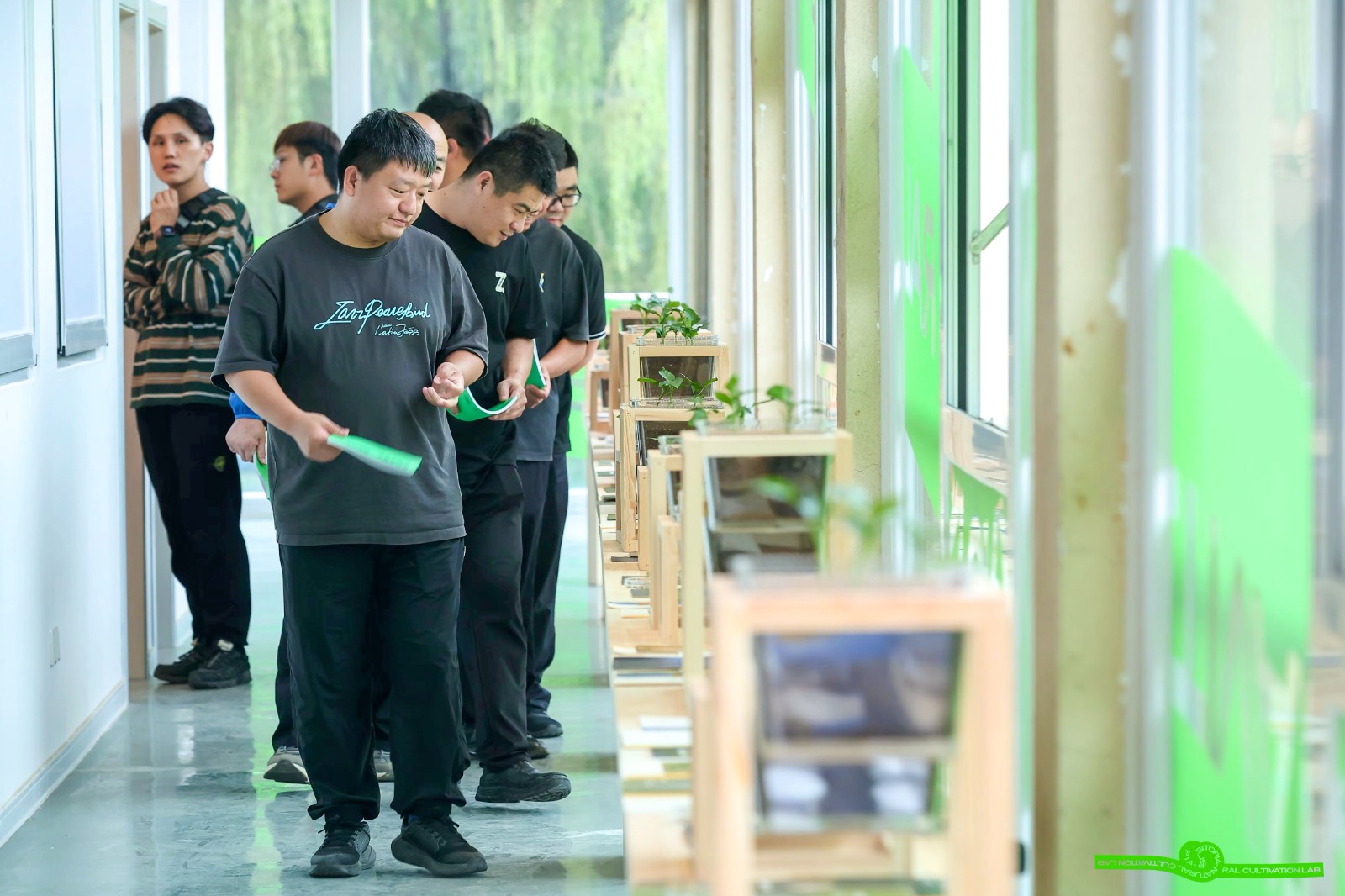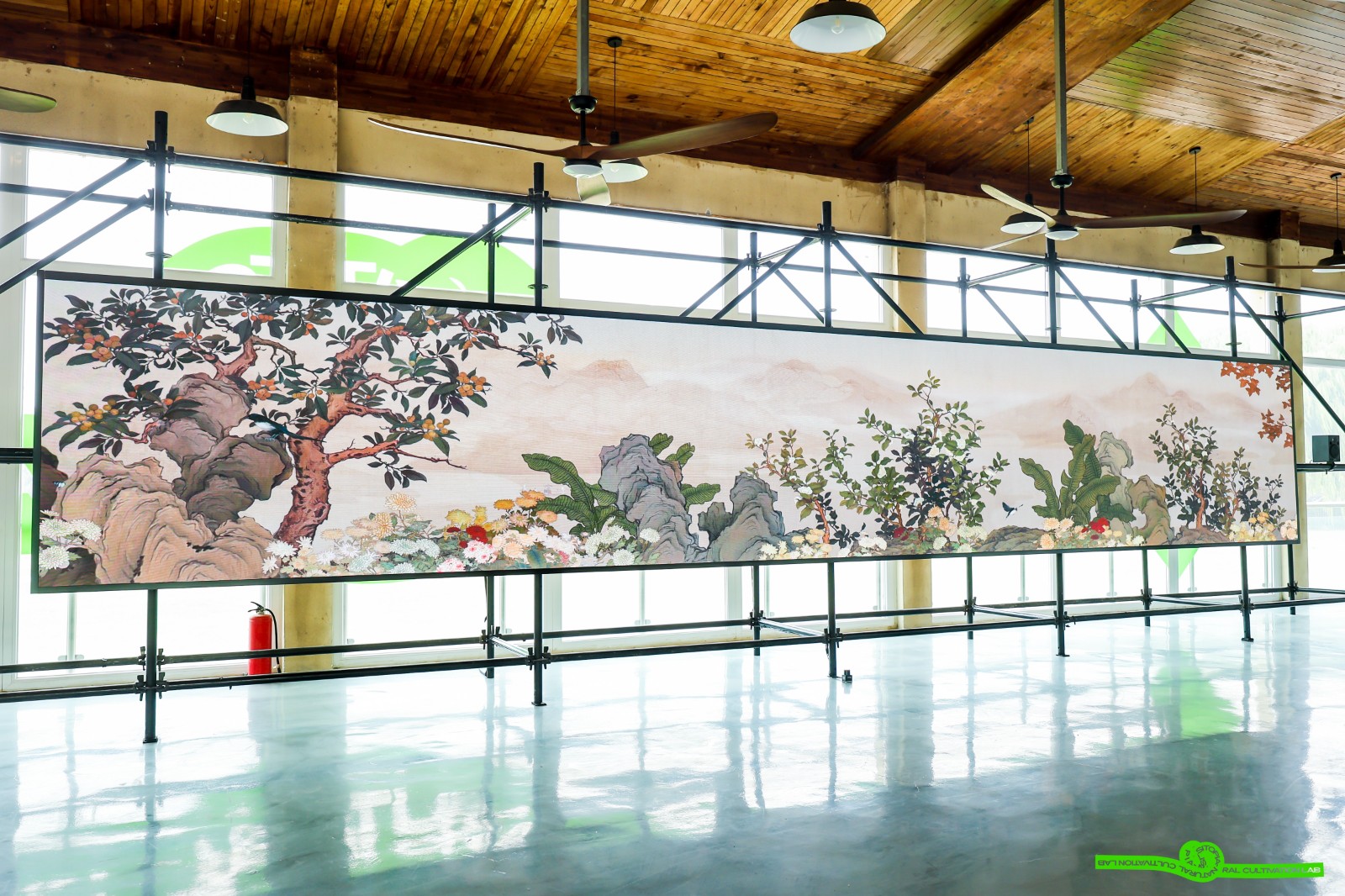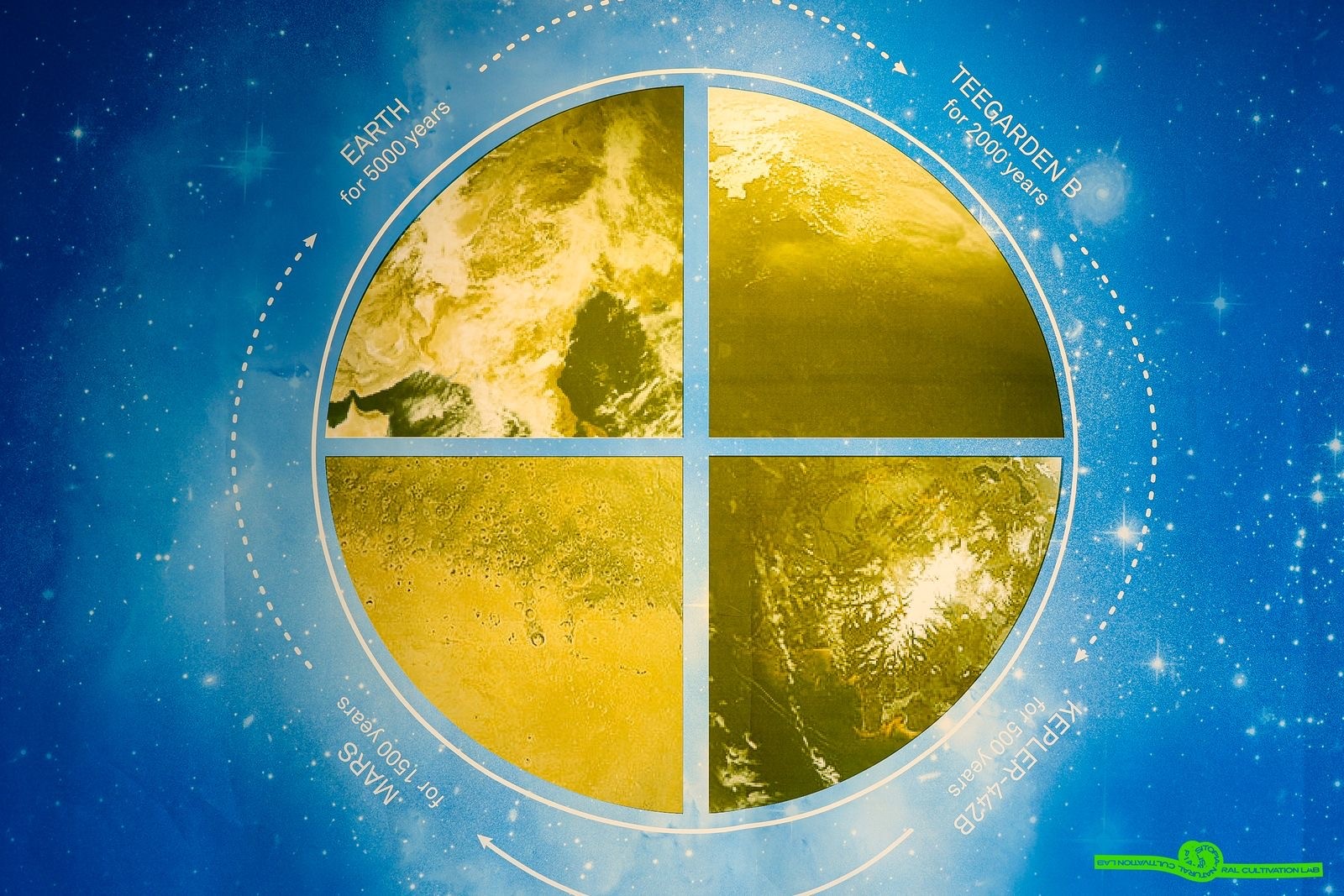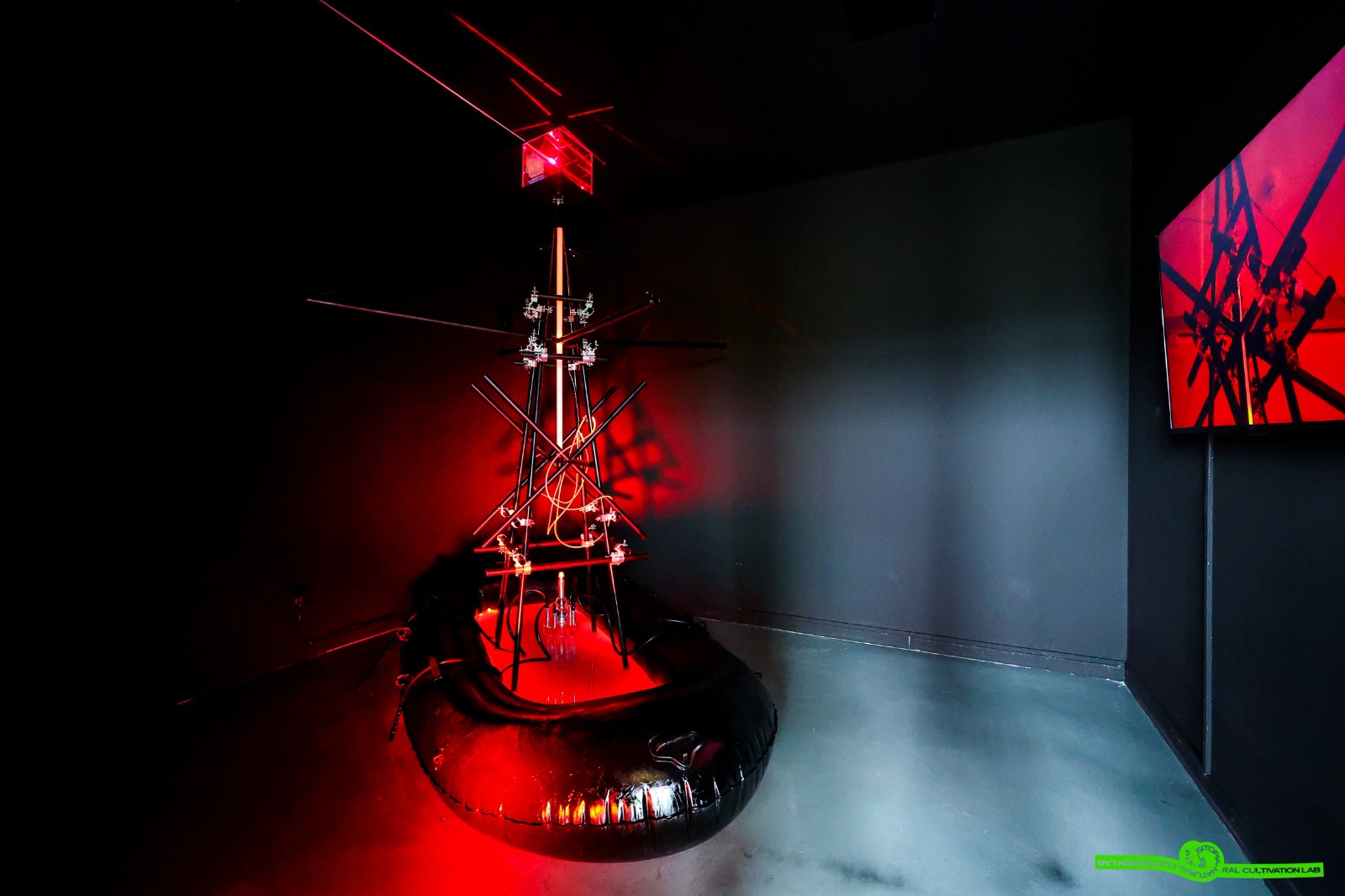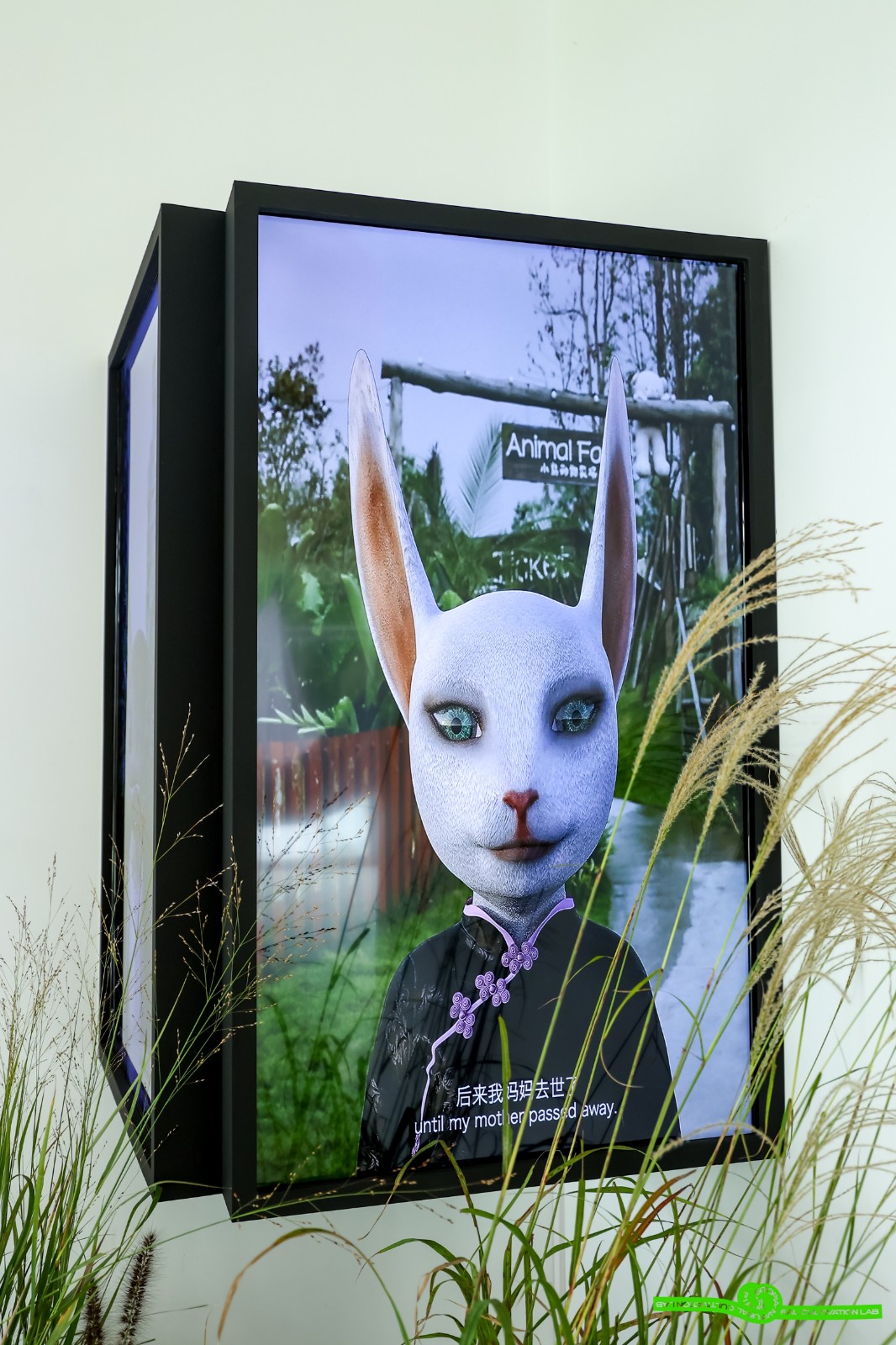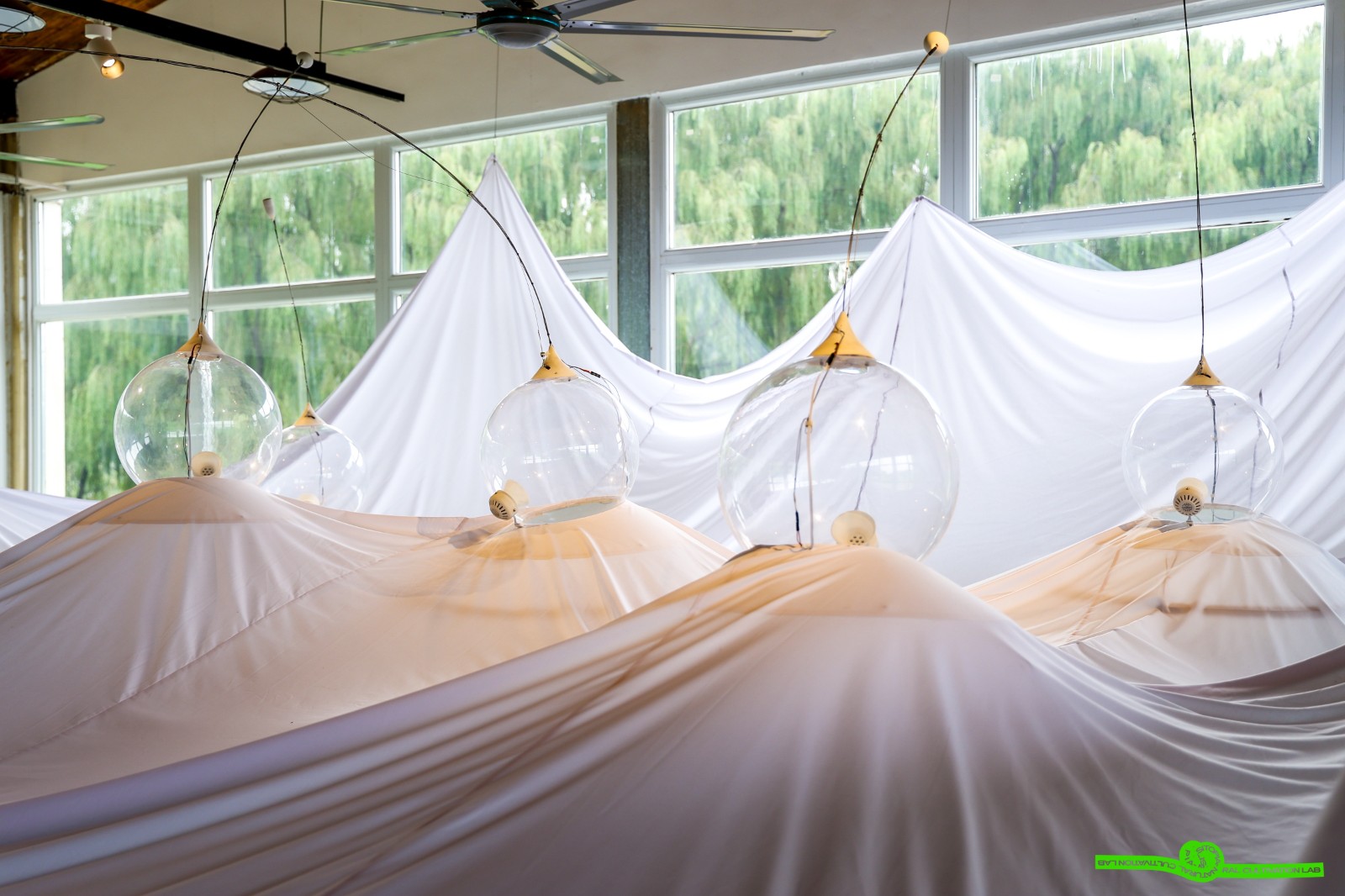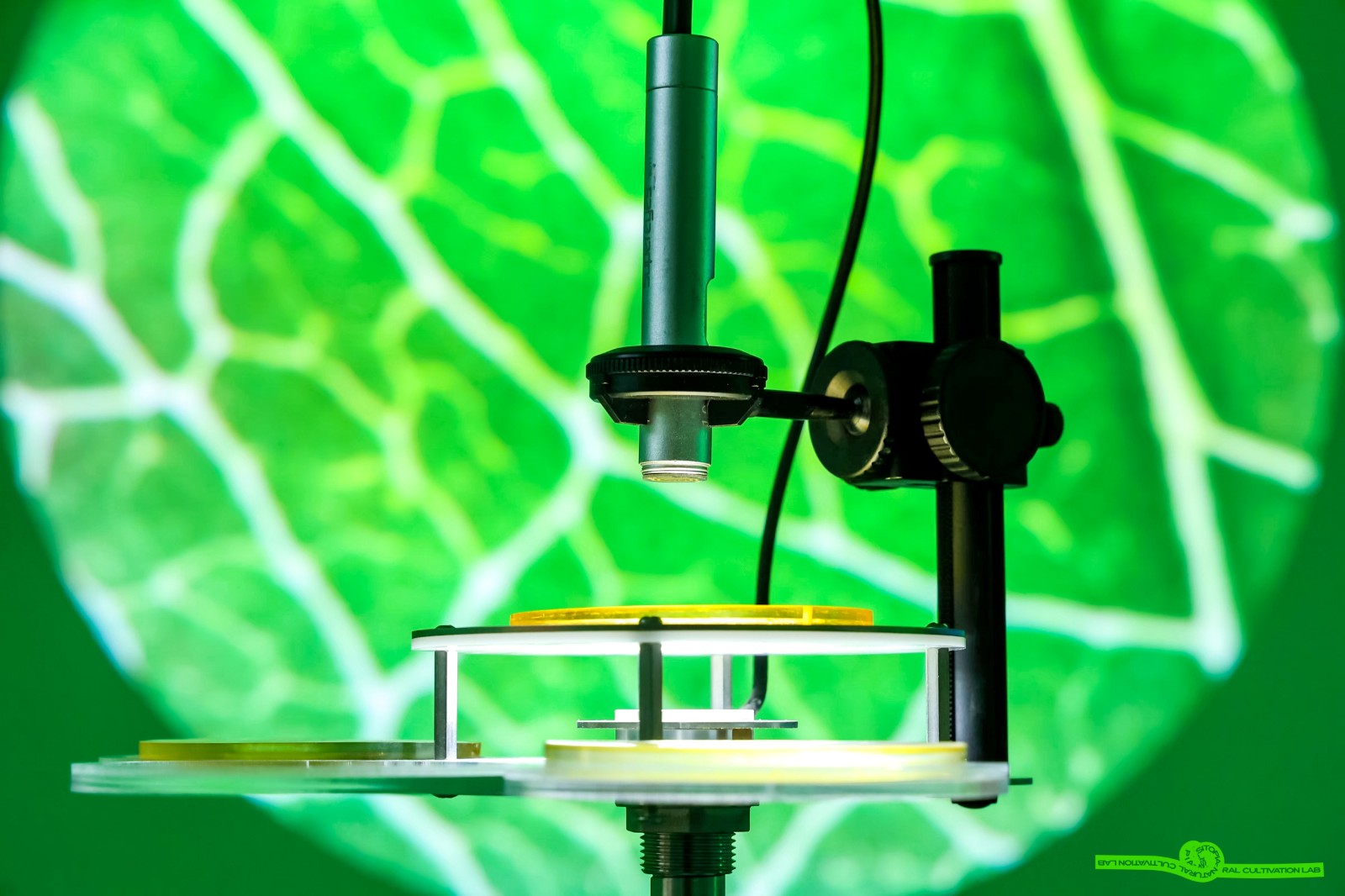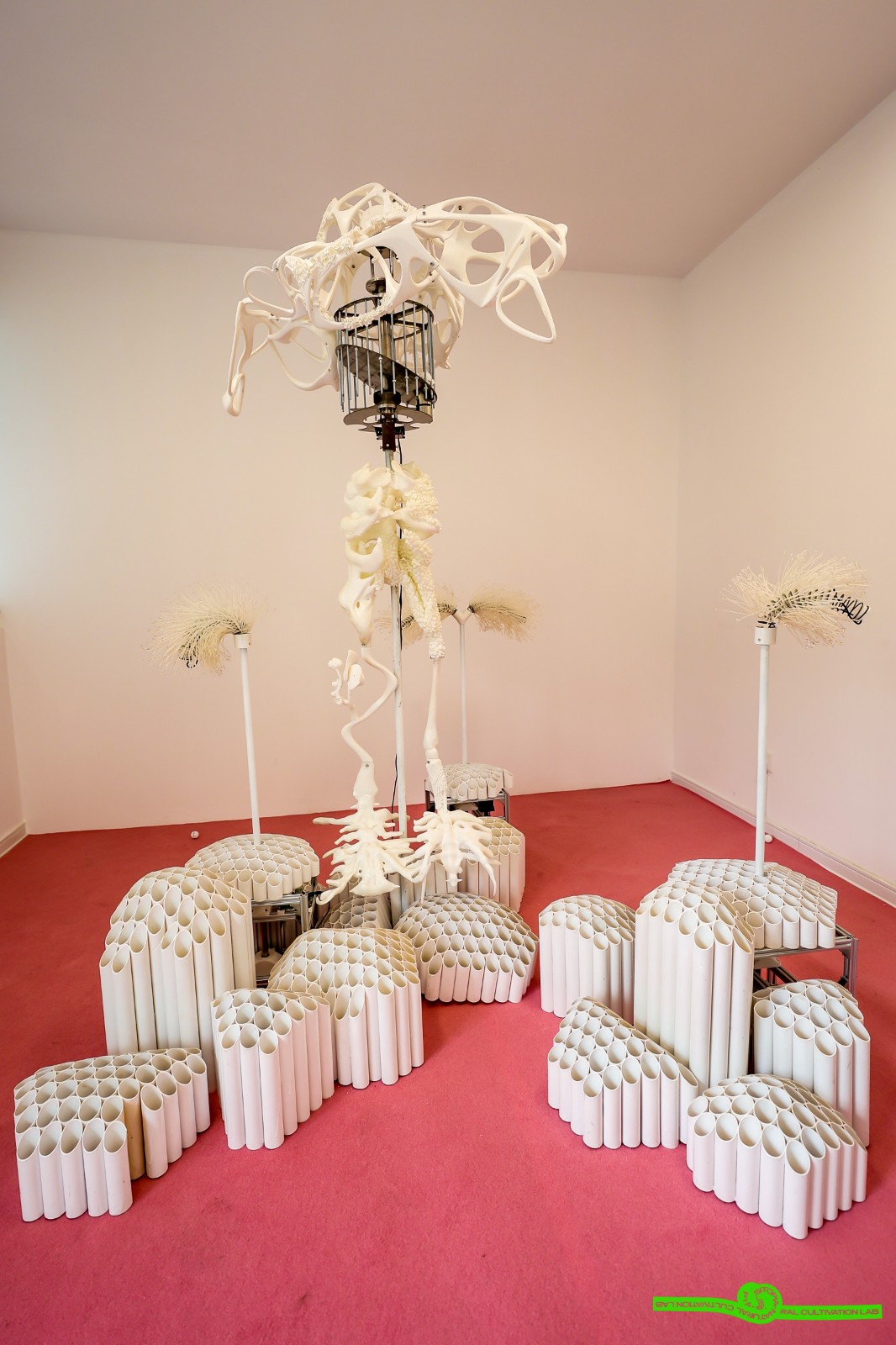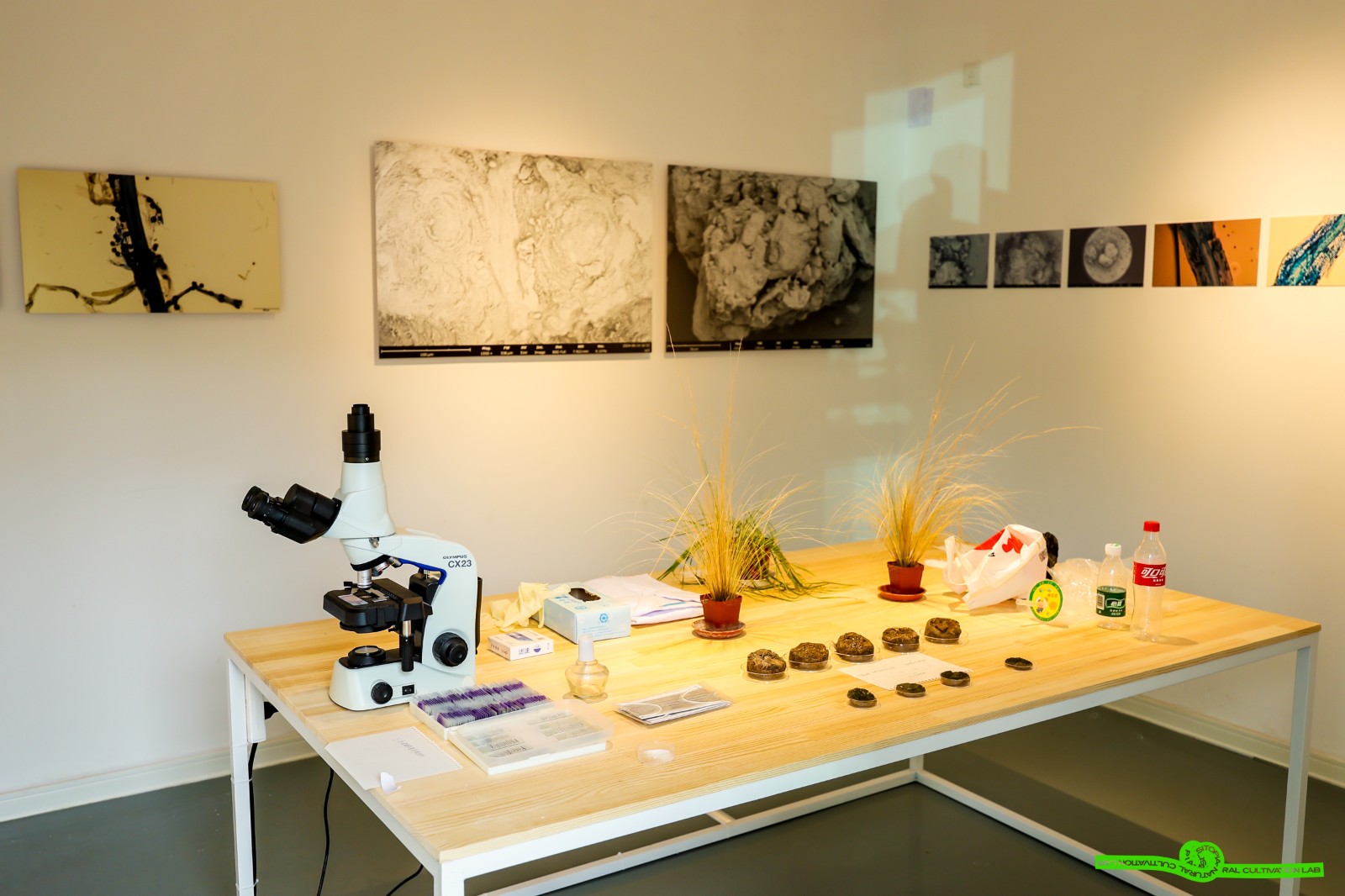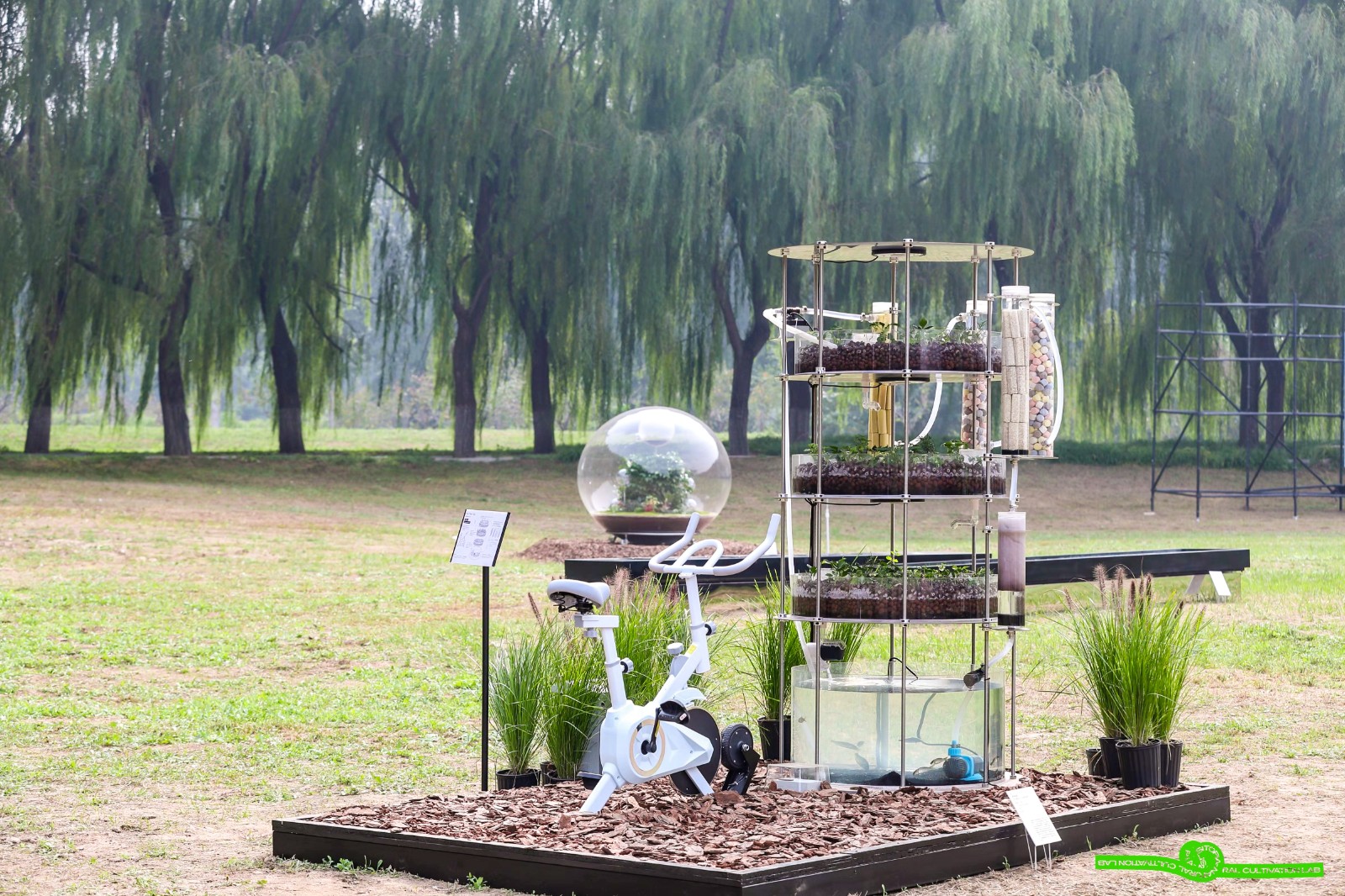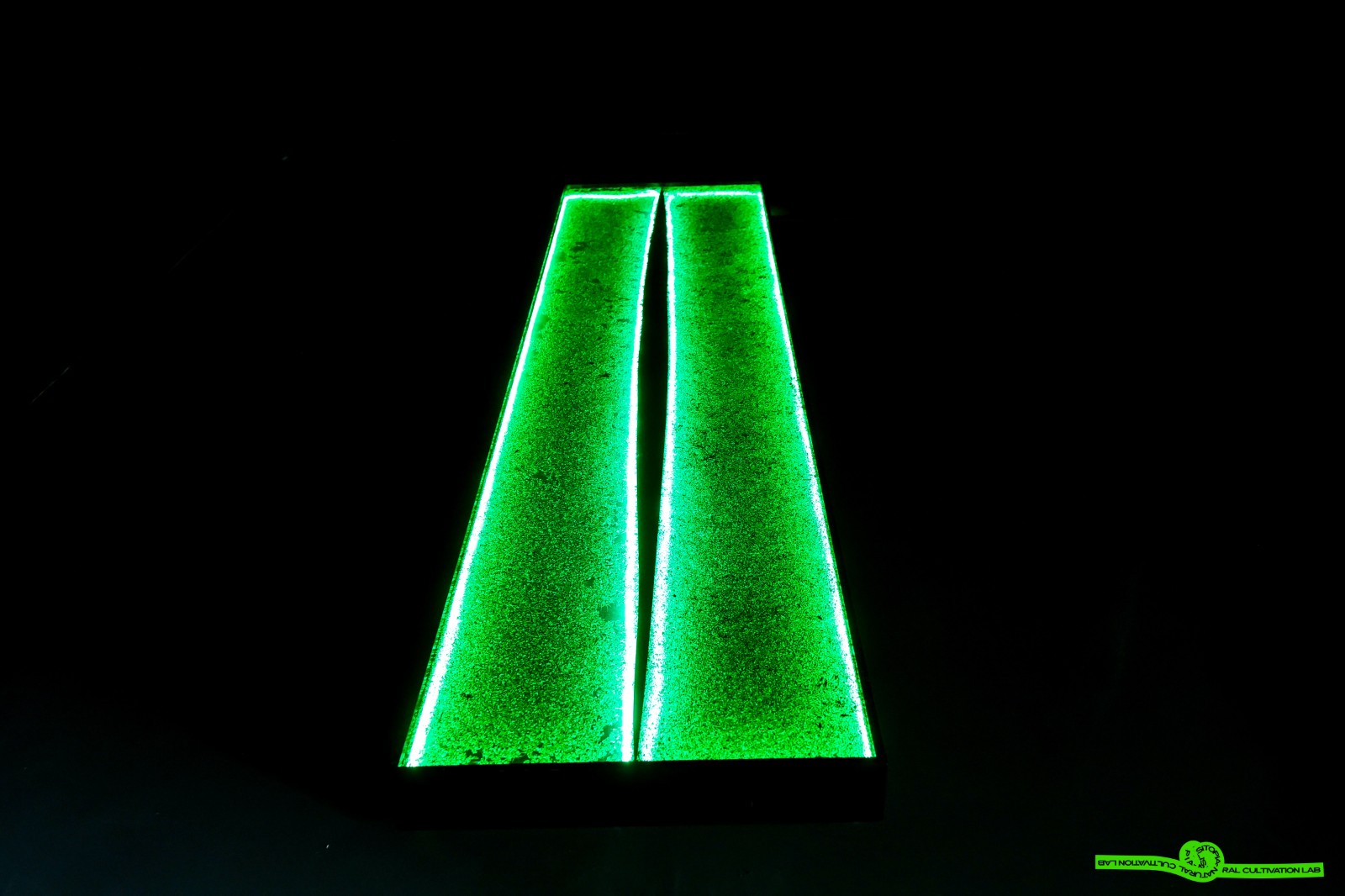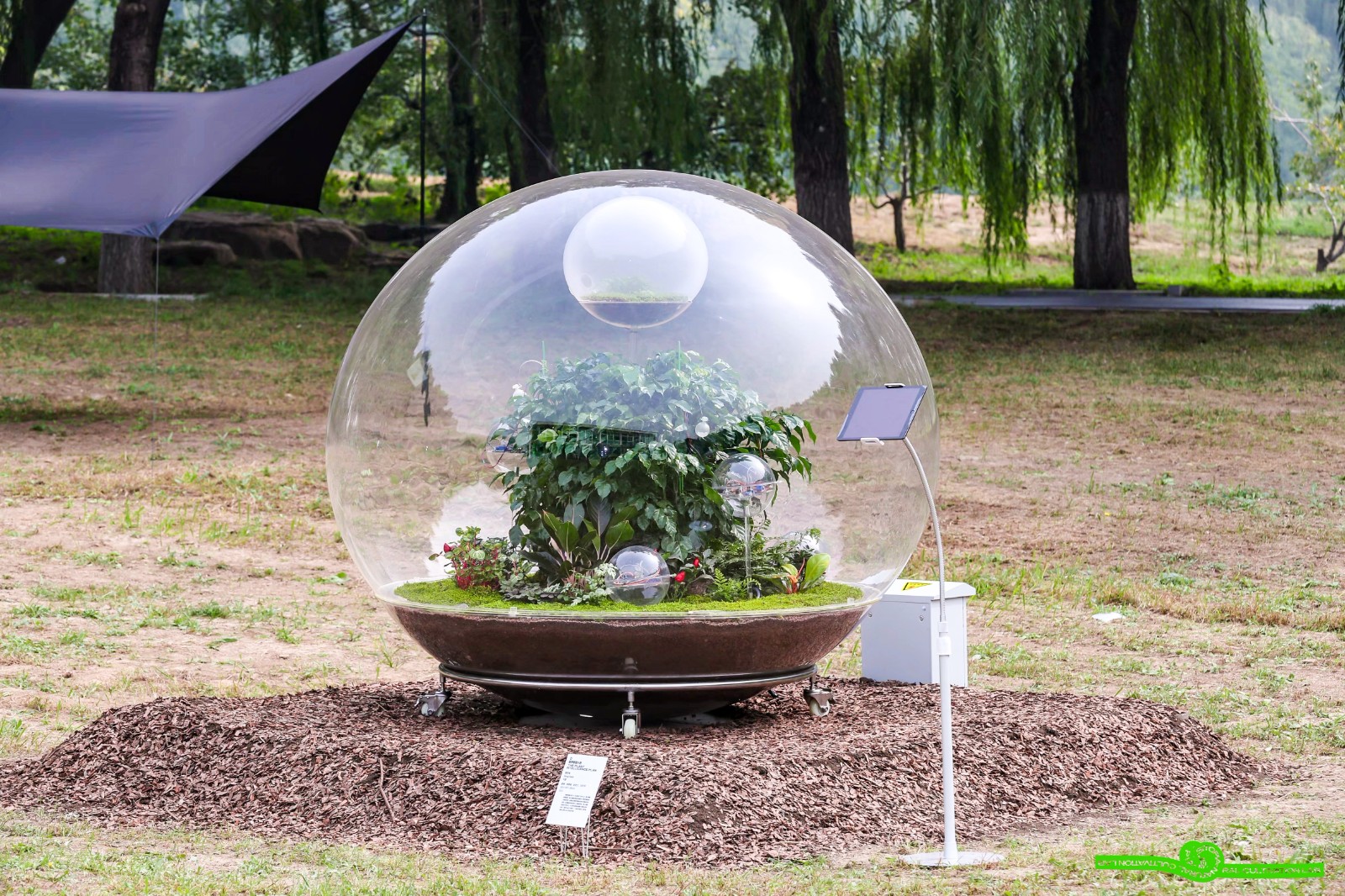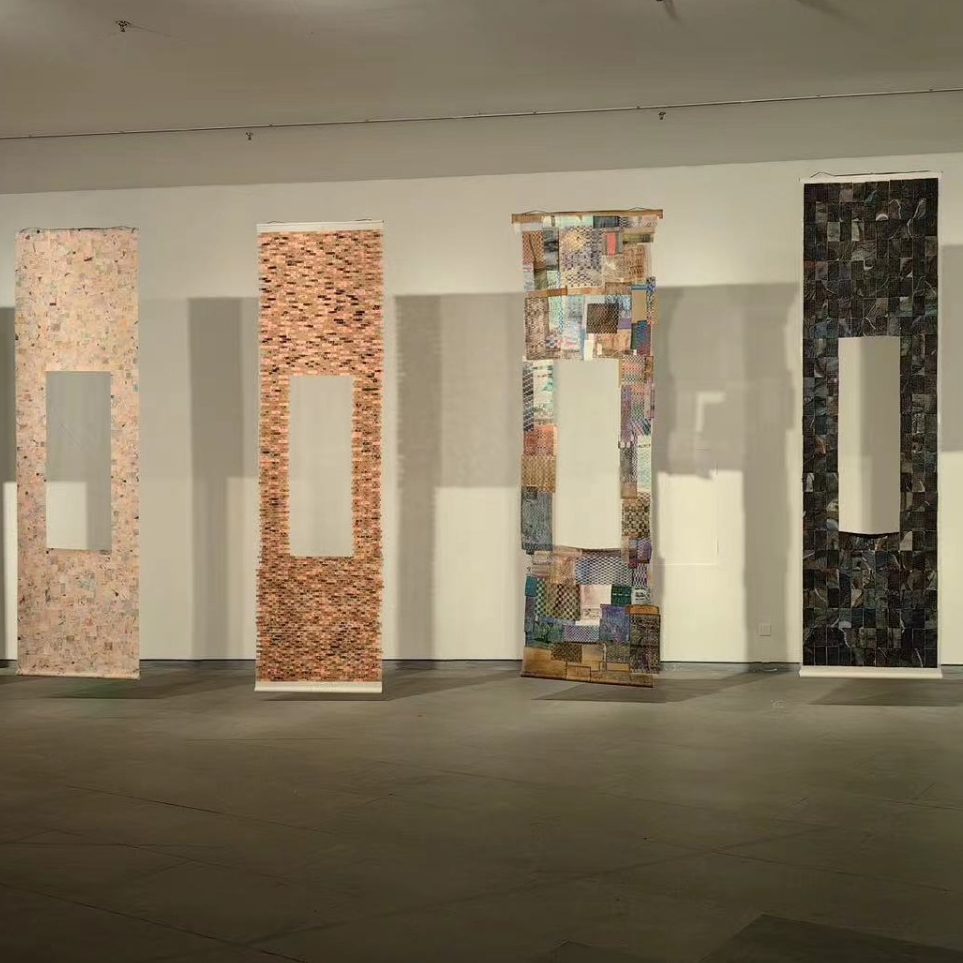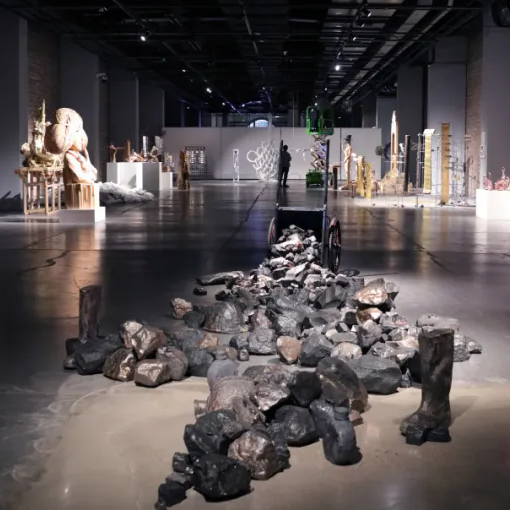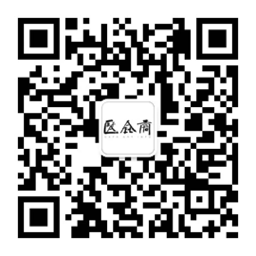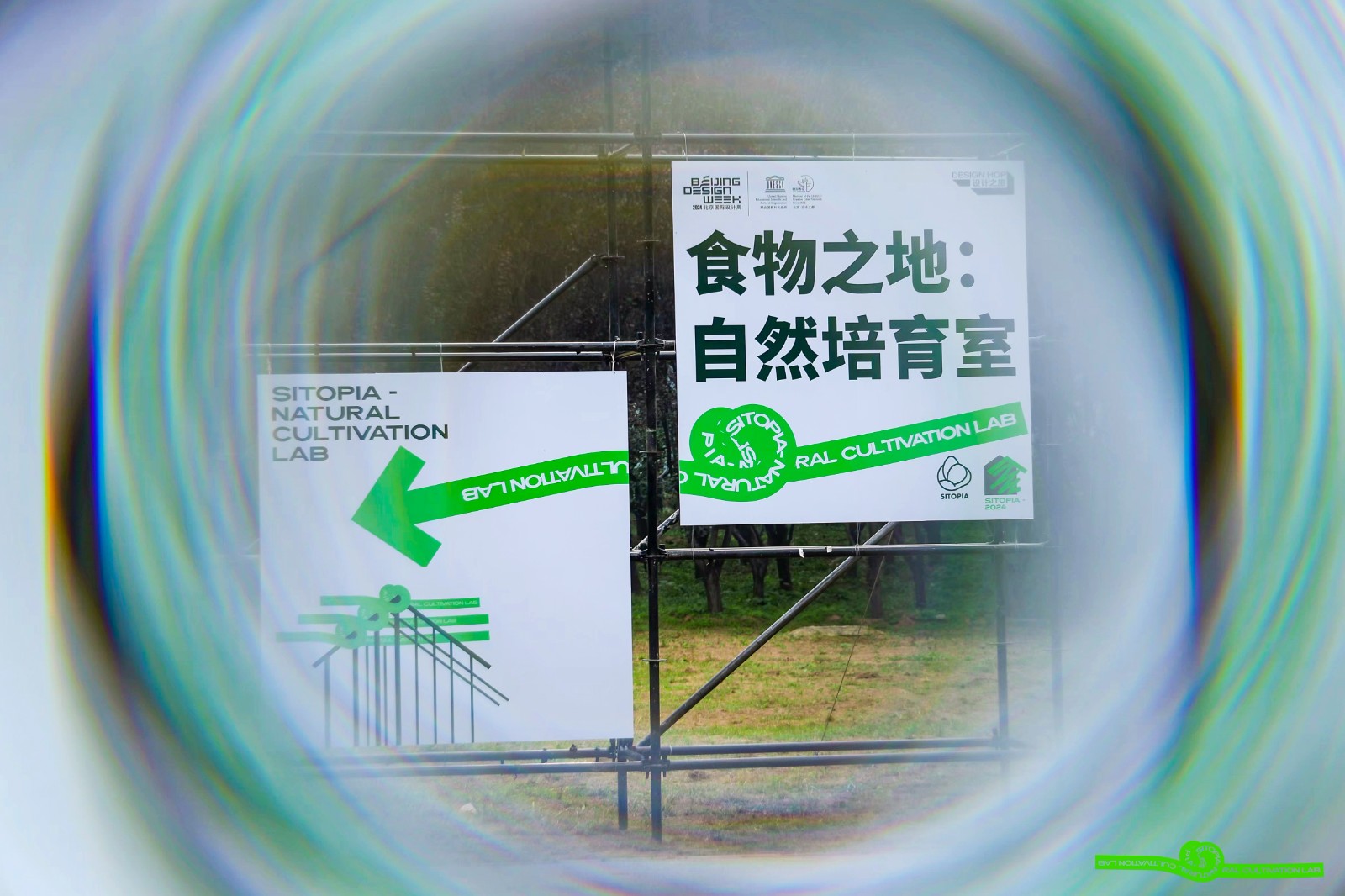
“SITOPIA: Natural Cultivation Lab”, one of exhibitions organized by the Beijing Design Week, was launched at Yufa venue, Daxing District on 29 September, 2024. Participating artists include UNITIDE, Cui Yu, Fei Jun, Gao Wenqian, He Congjin, The Center for Genomic Gastronomy (CGG), Liang Wenhua, Qiu Yu, Su Yongjian & Ba Ruiyun, Wang Moshi, Xu Chaofan & Ren Qingqi, Xu Hengkang & Kan Haiming, and Zhang Tianyi.
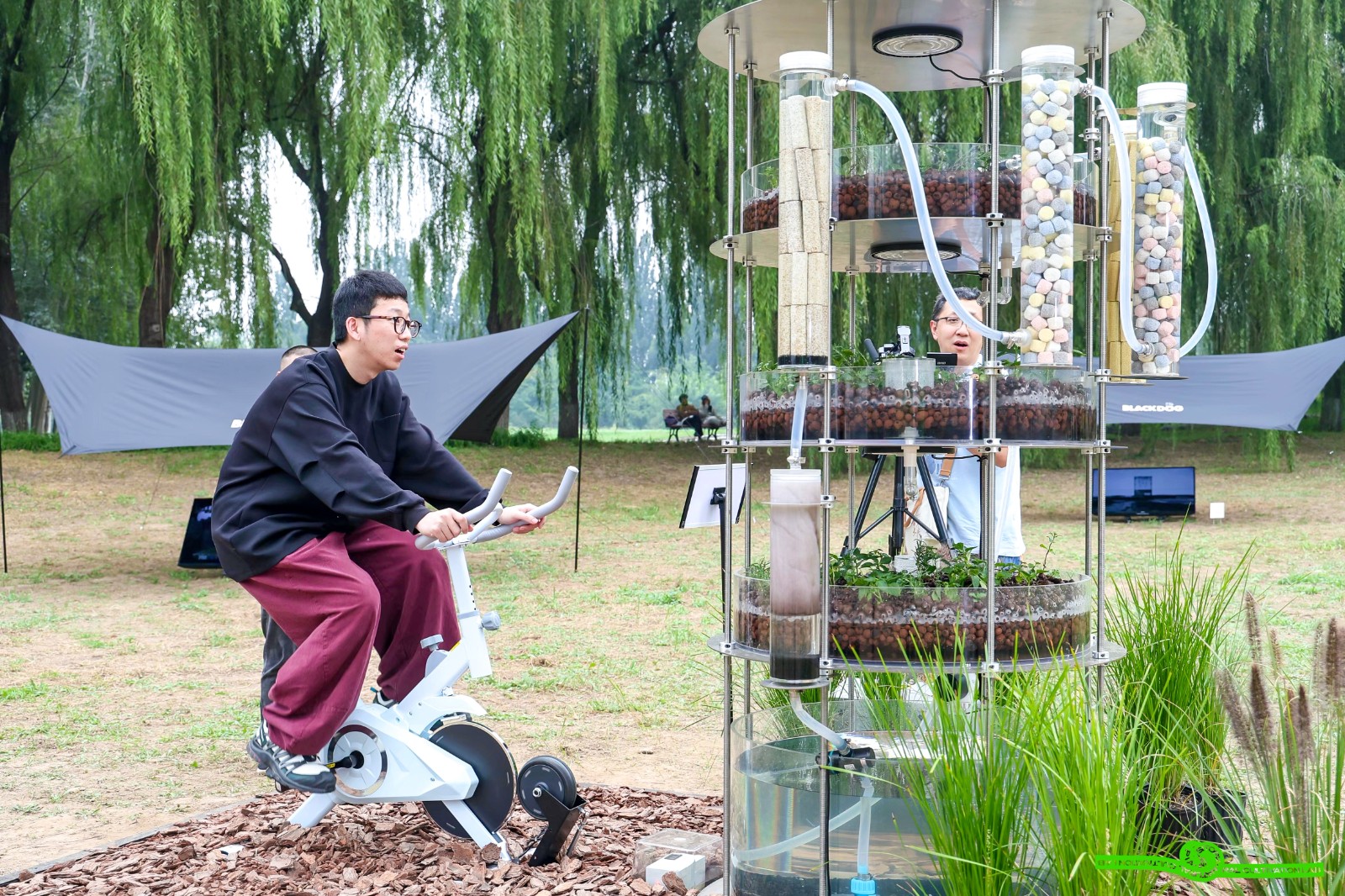
While extending a fantastic journey full of new discoveries in nature, science and art for visitors, the exhibition focuses on the symbiotic relationship between man and nature and it encourages everyone to re-examine our relationship with the ecological environment and explore sustainable development models through the integration of art and science.
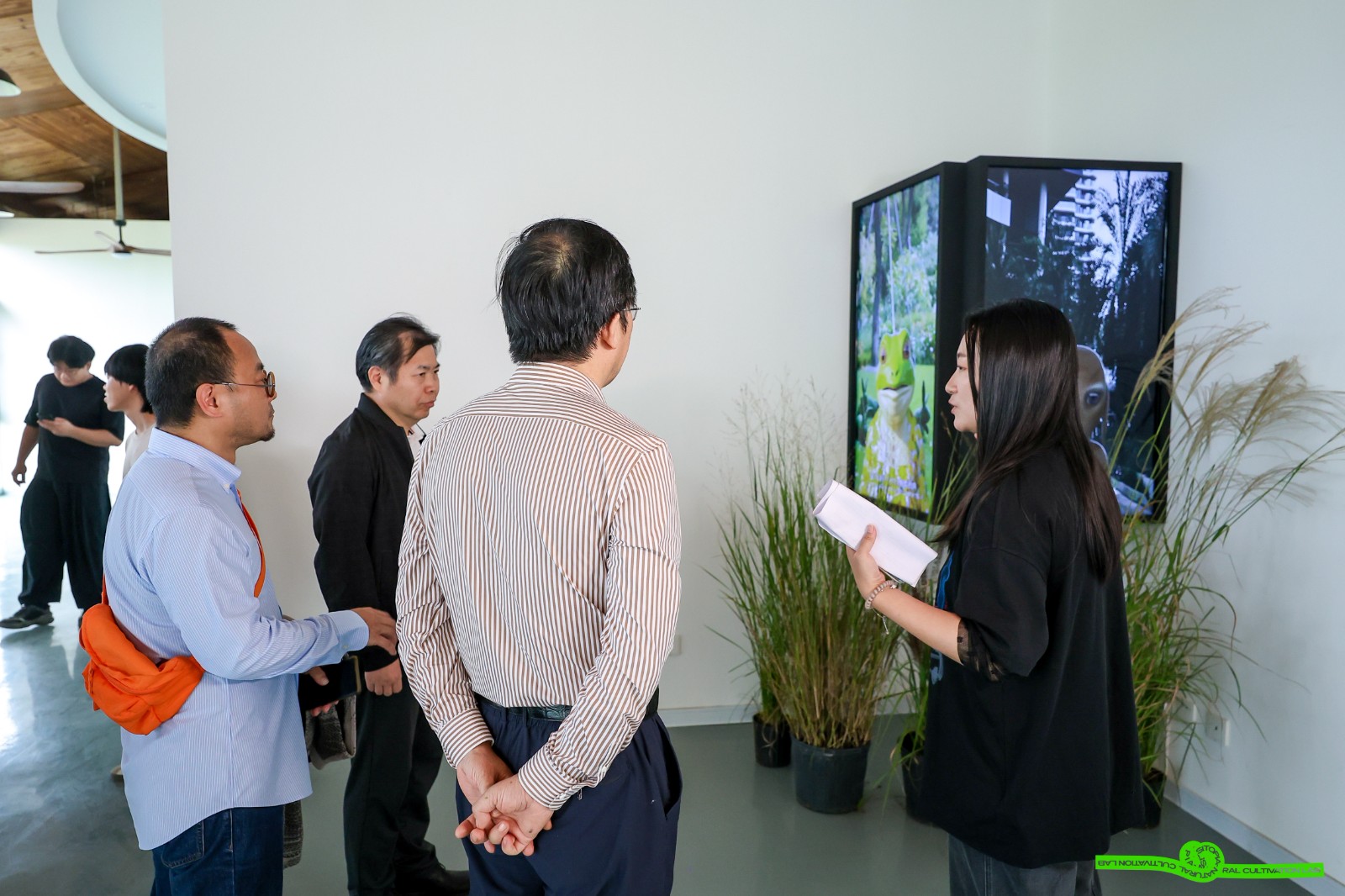
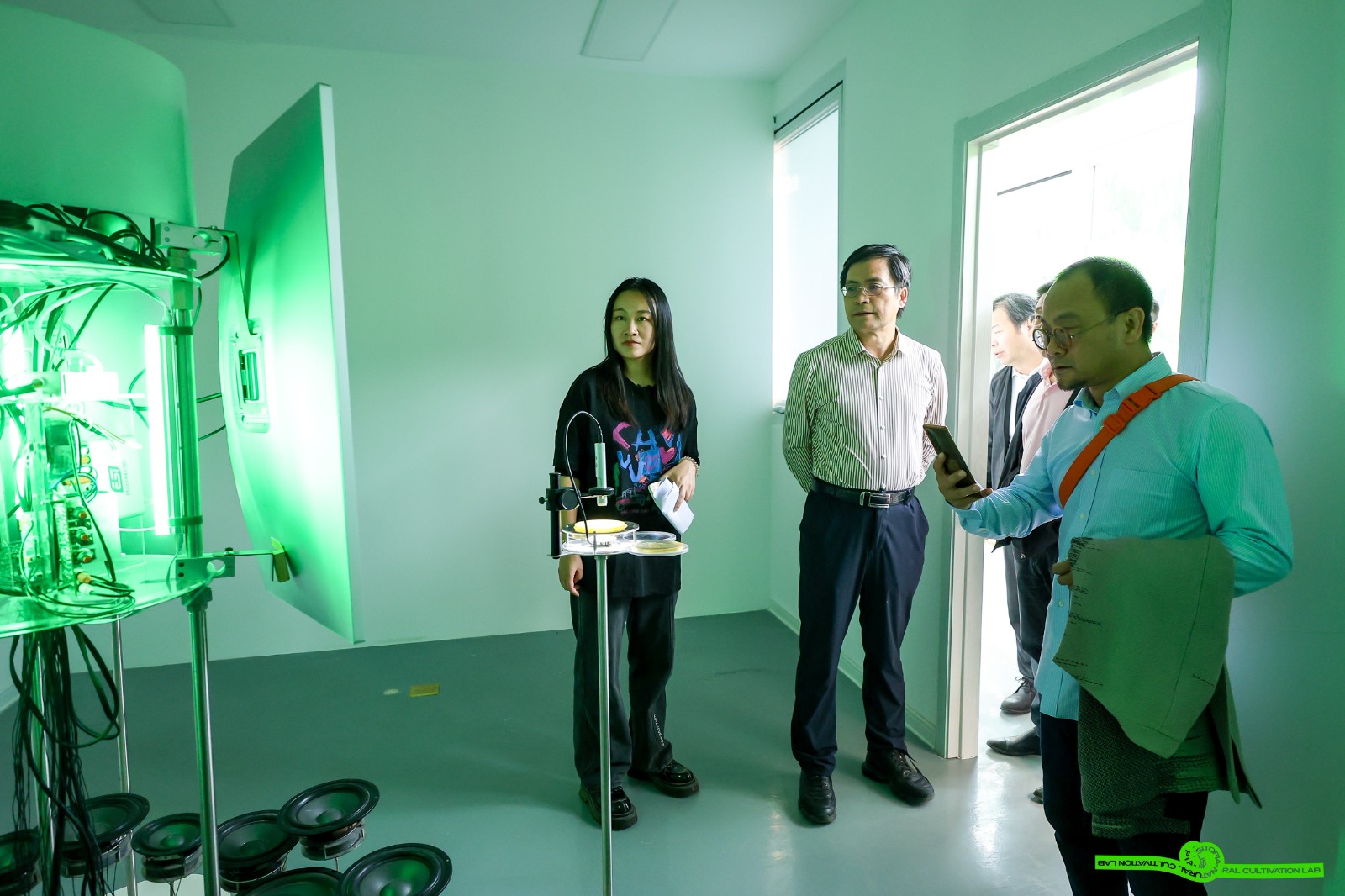
“Natural Cultivation Lab” does not only provide a physical space for planting and cultivation, but it also fosters a field for nurturing ideas, transmitting culture and promoting the awakening of ecological awareness. In “Natural Cultivation Lab”, soil is seen as the nurturer of life, plants become educators, and each of us is a part of nature that can be integrated into the wider ecosystem through our daily practices. Through the combination of science and art, active explorations around planting, gardens, communities, and ecology are conducted to build an ideal producing field of food, which may inspire new understanding and thinking about nature, environment, and life.
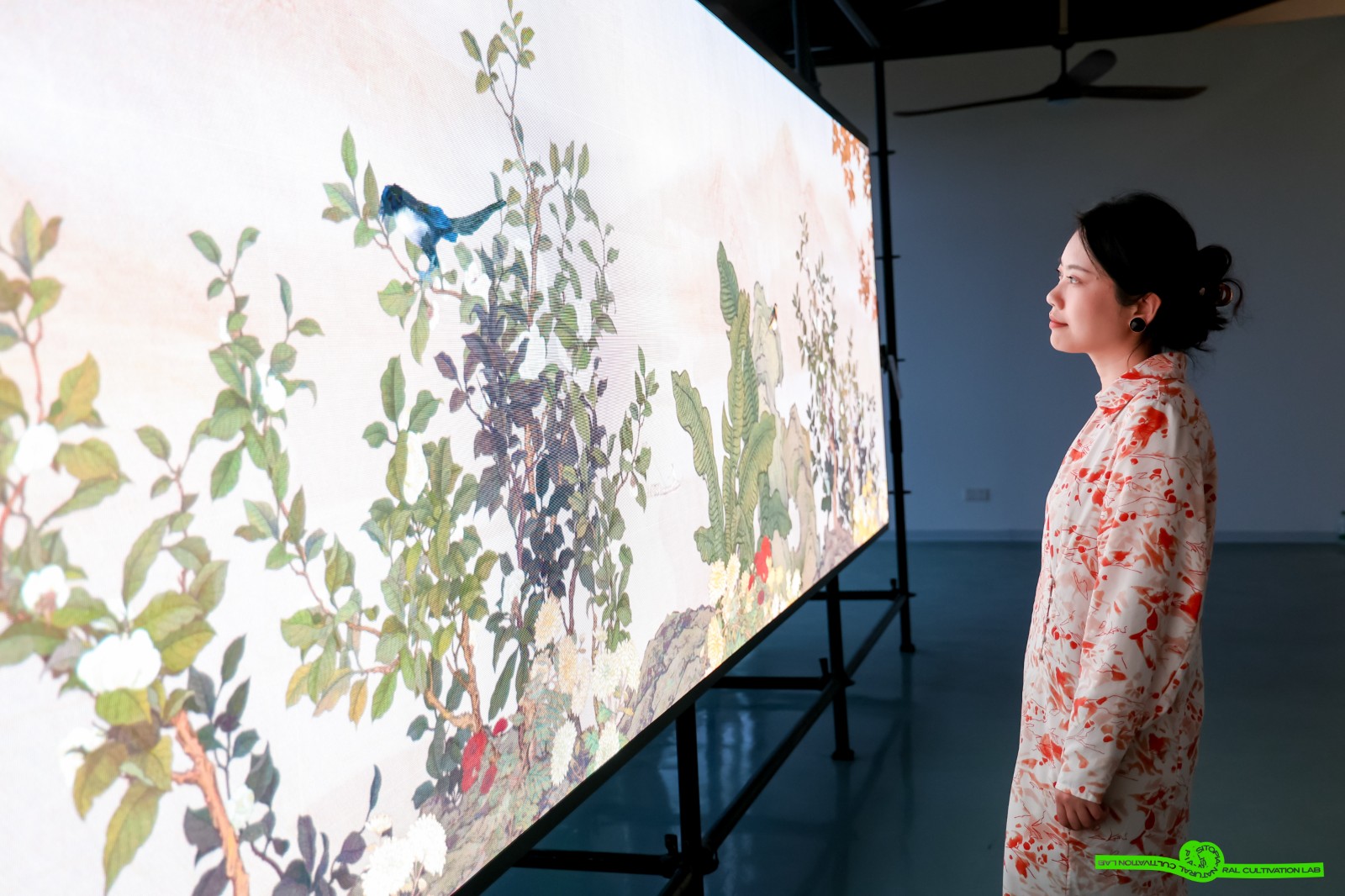 Fei Jun, Stray Birds
Fei Jun, Stray Birds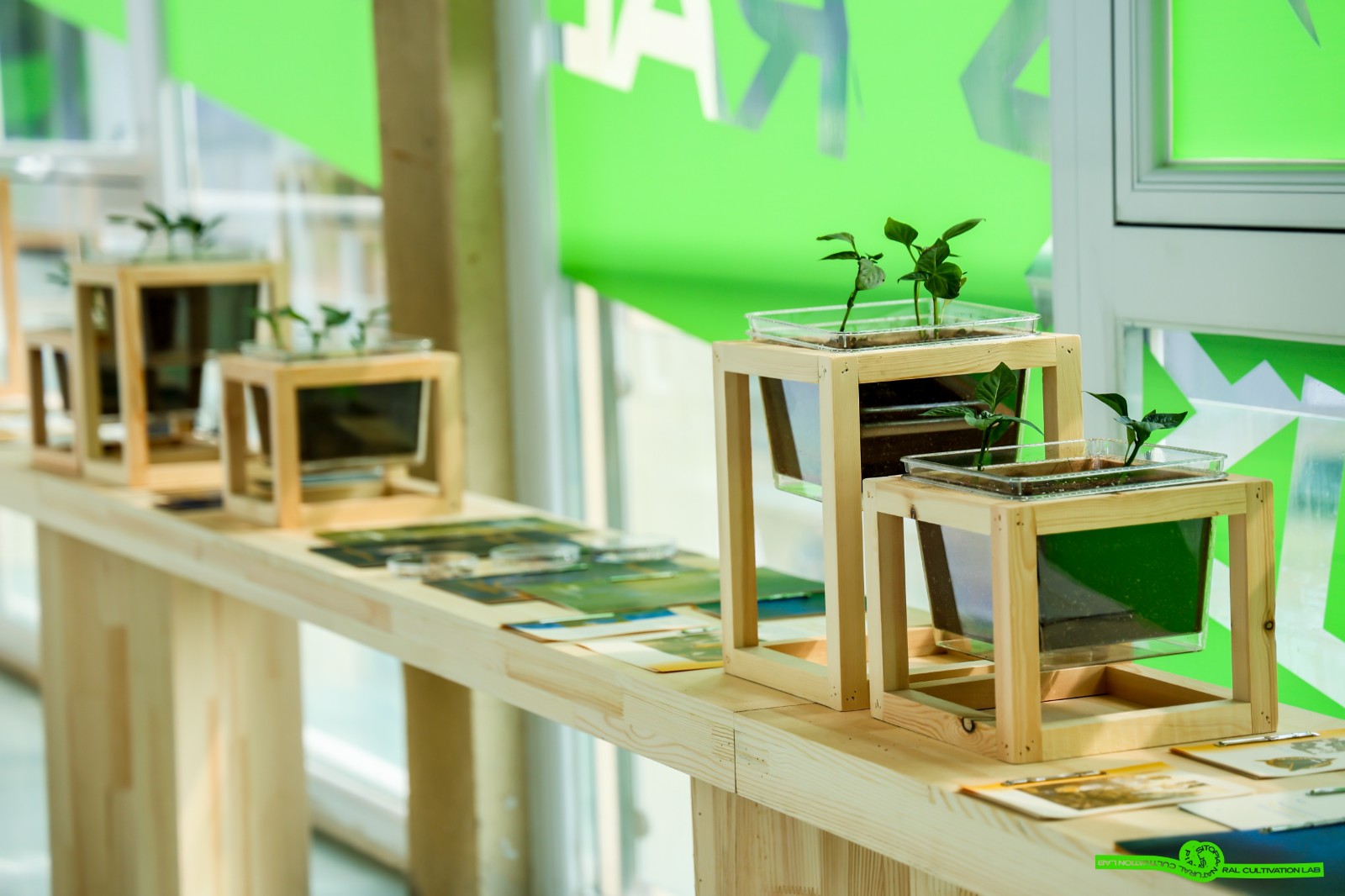
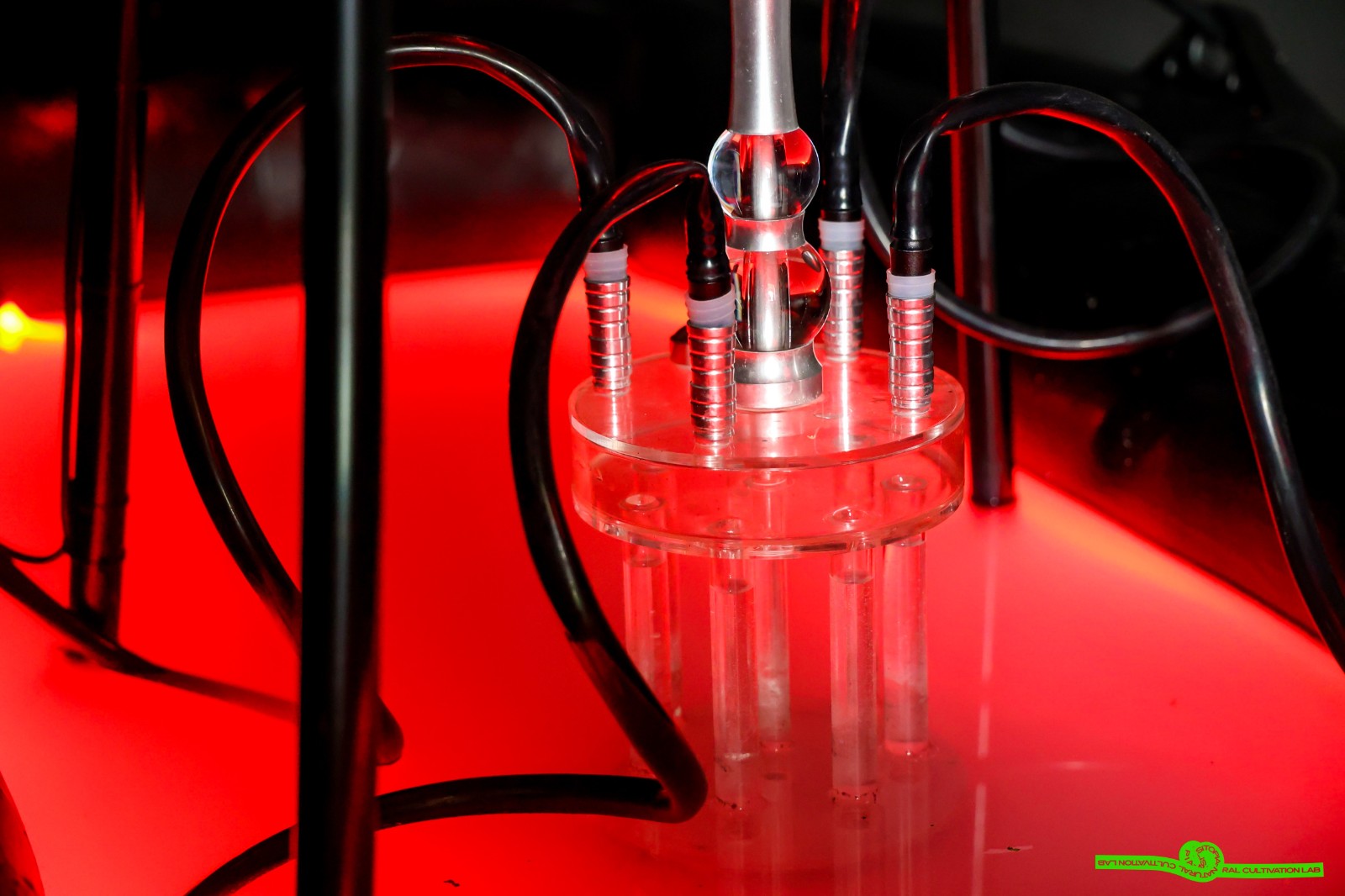
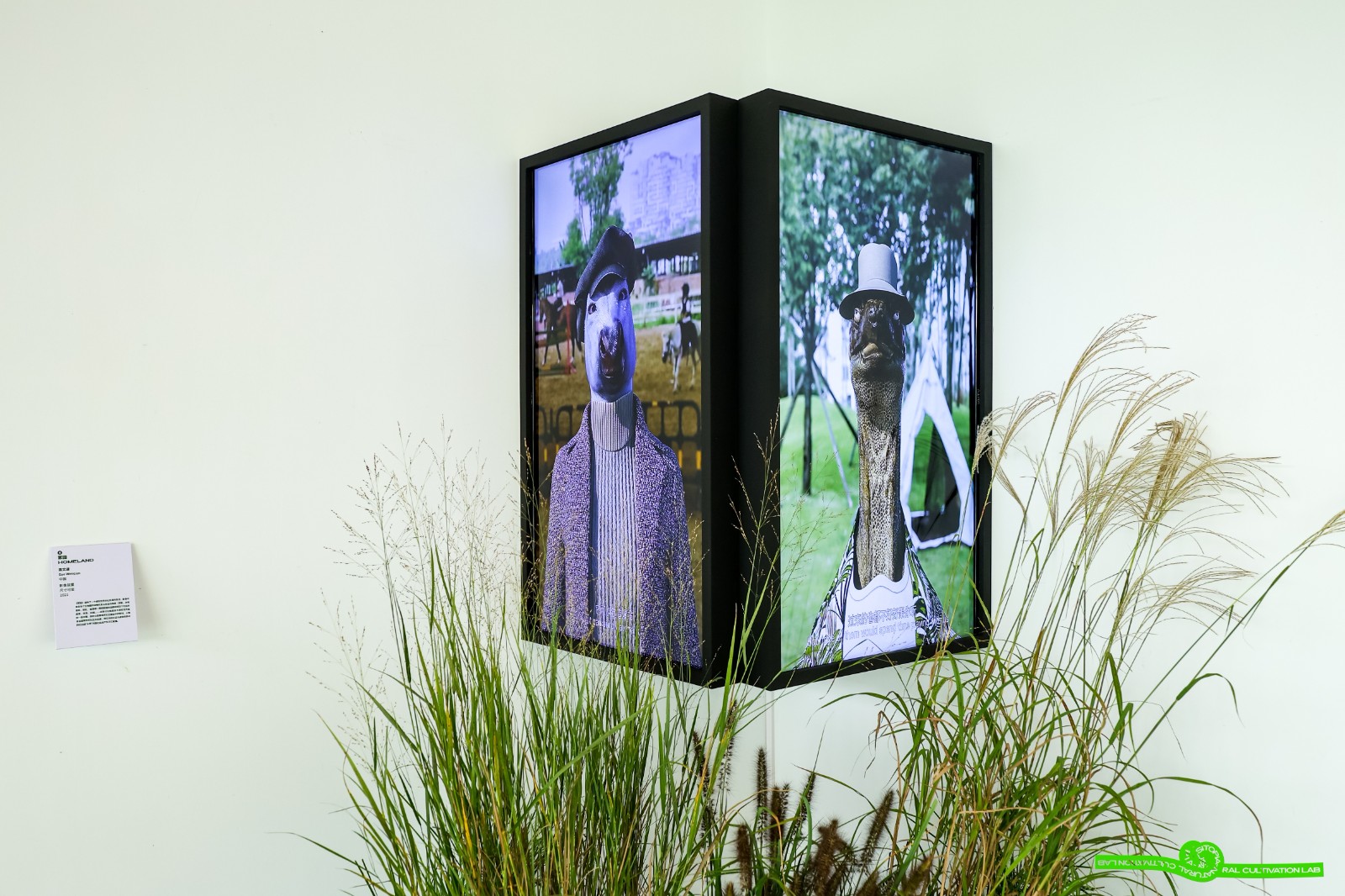
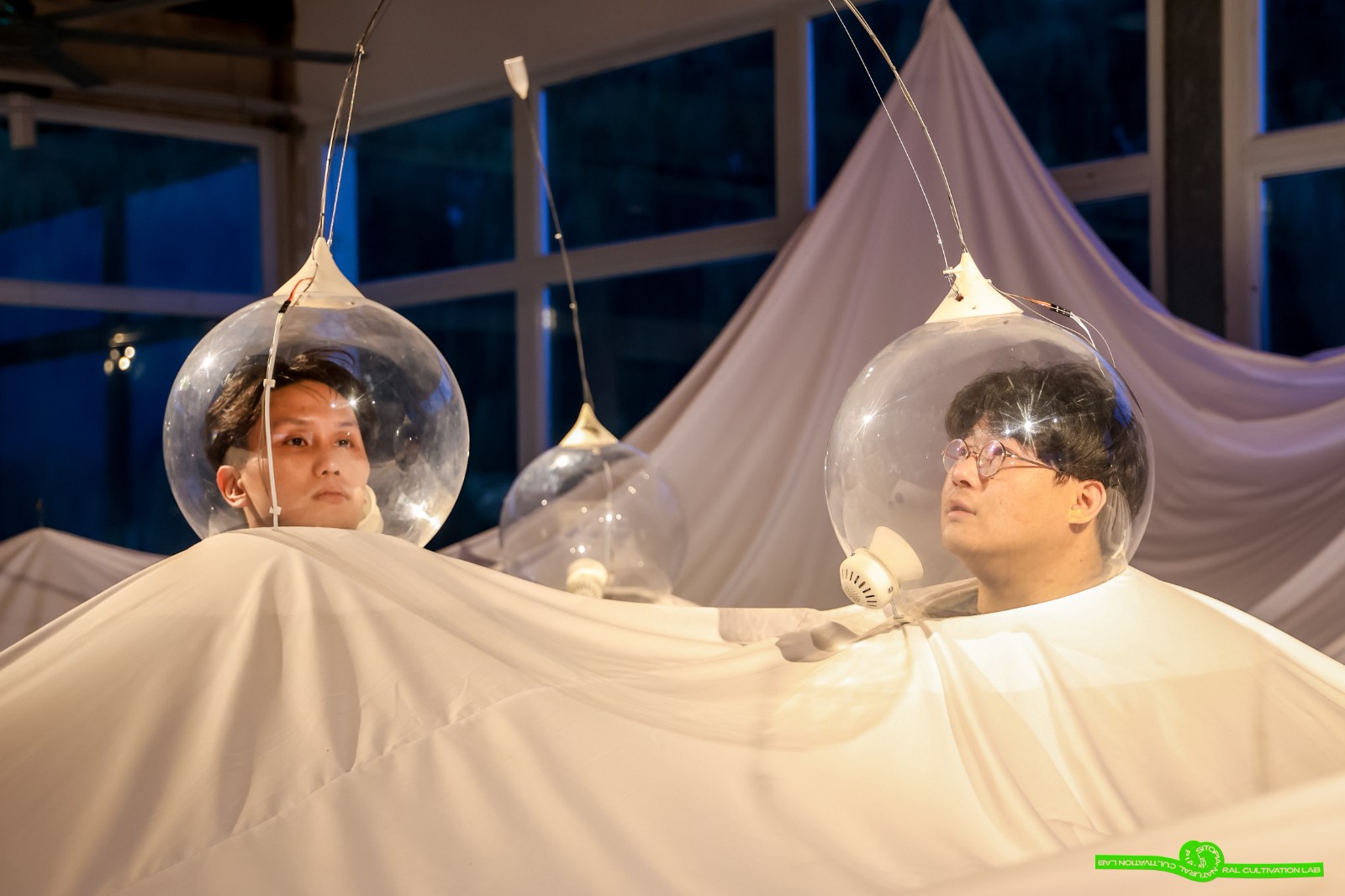 Su Yongjian & Ba Ruiyun, When Breathing Can Speak
Su Yongjian & Ba Ruiyun, When Breathing Can Speak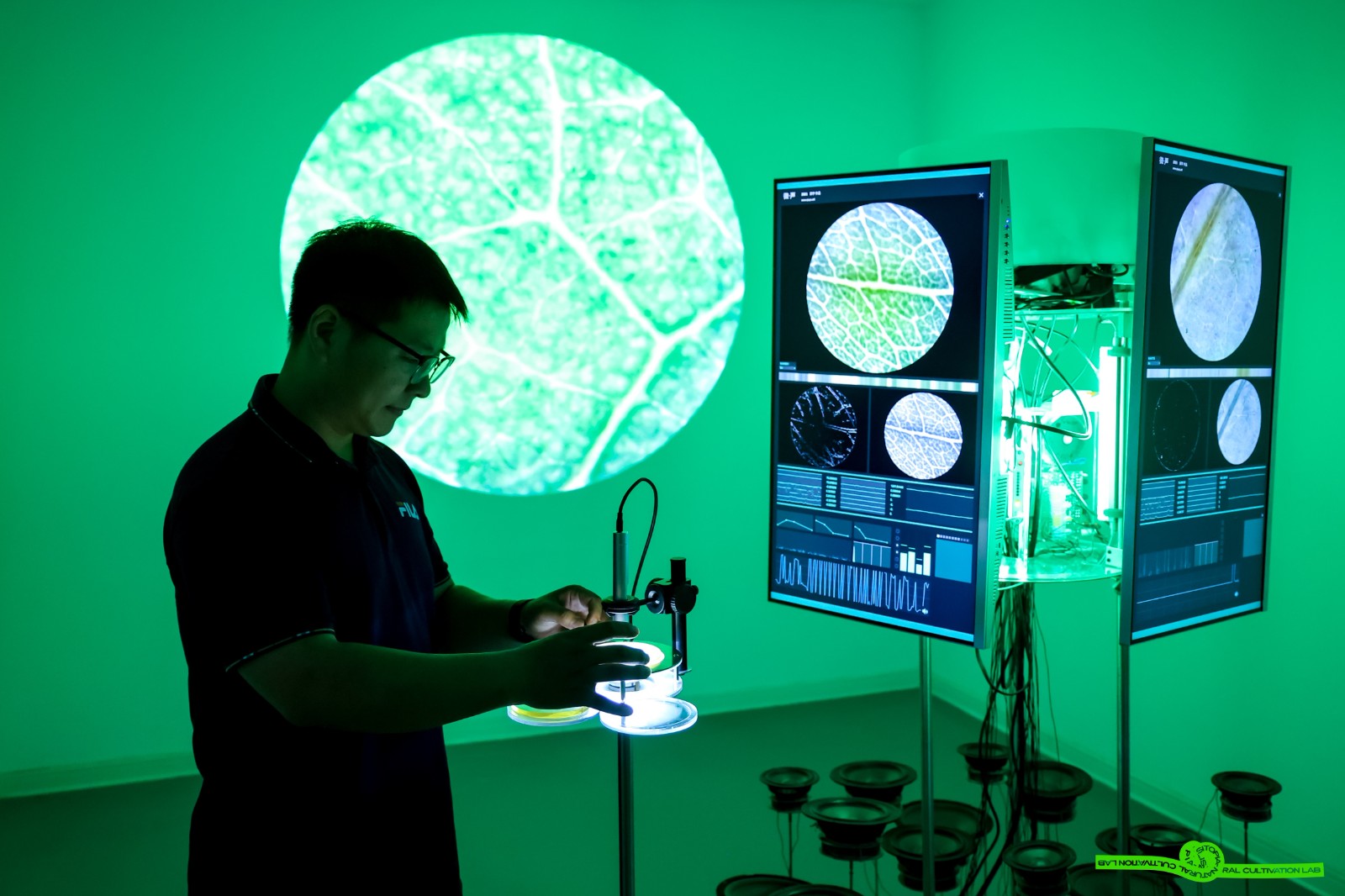
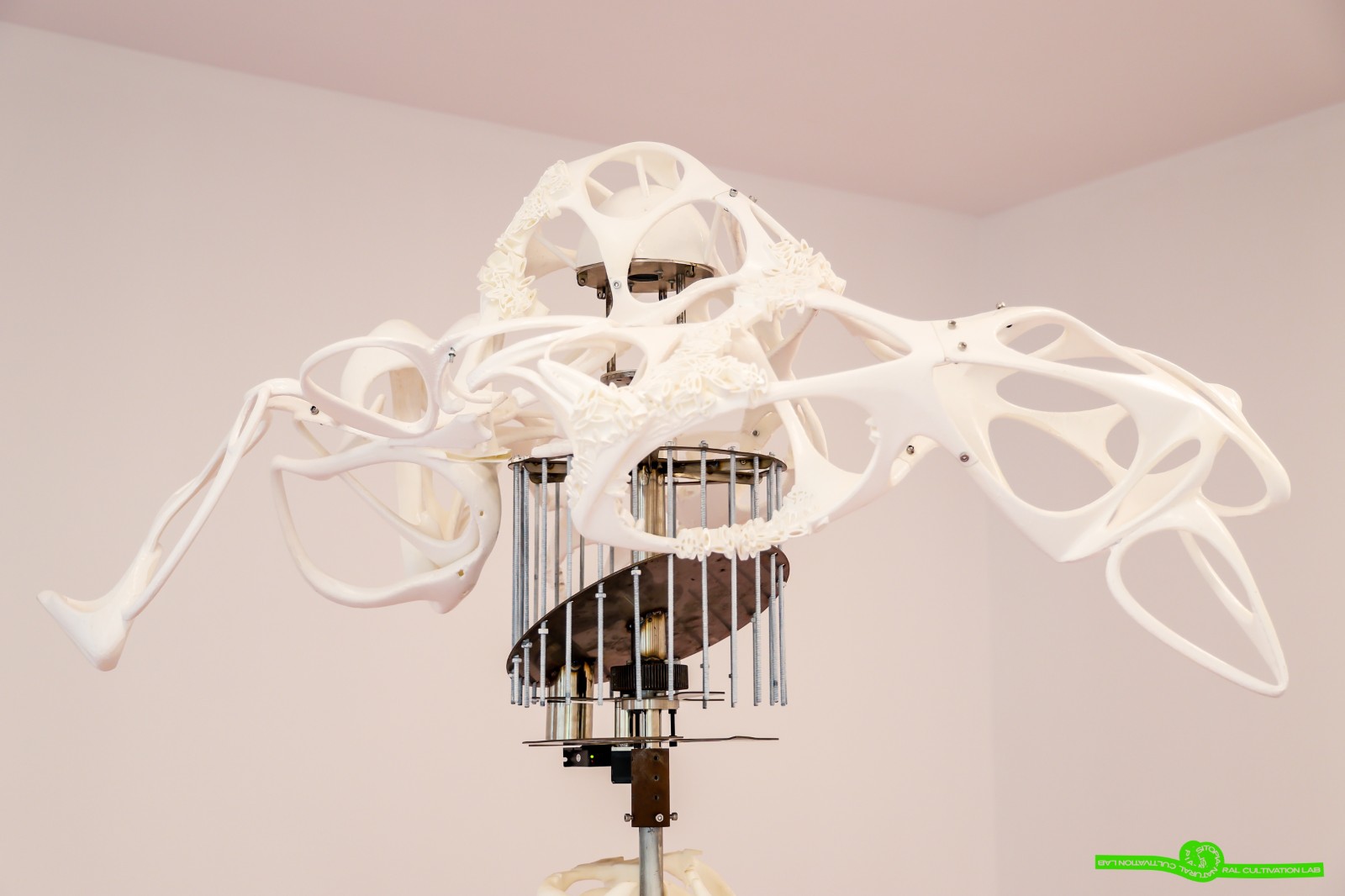
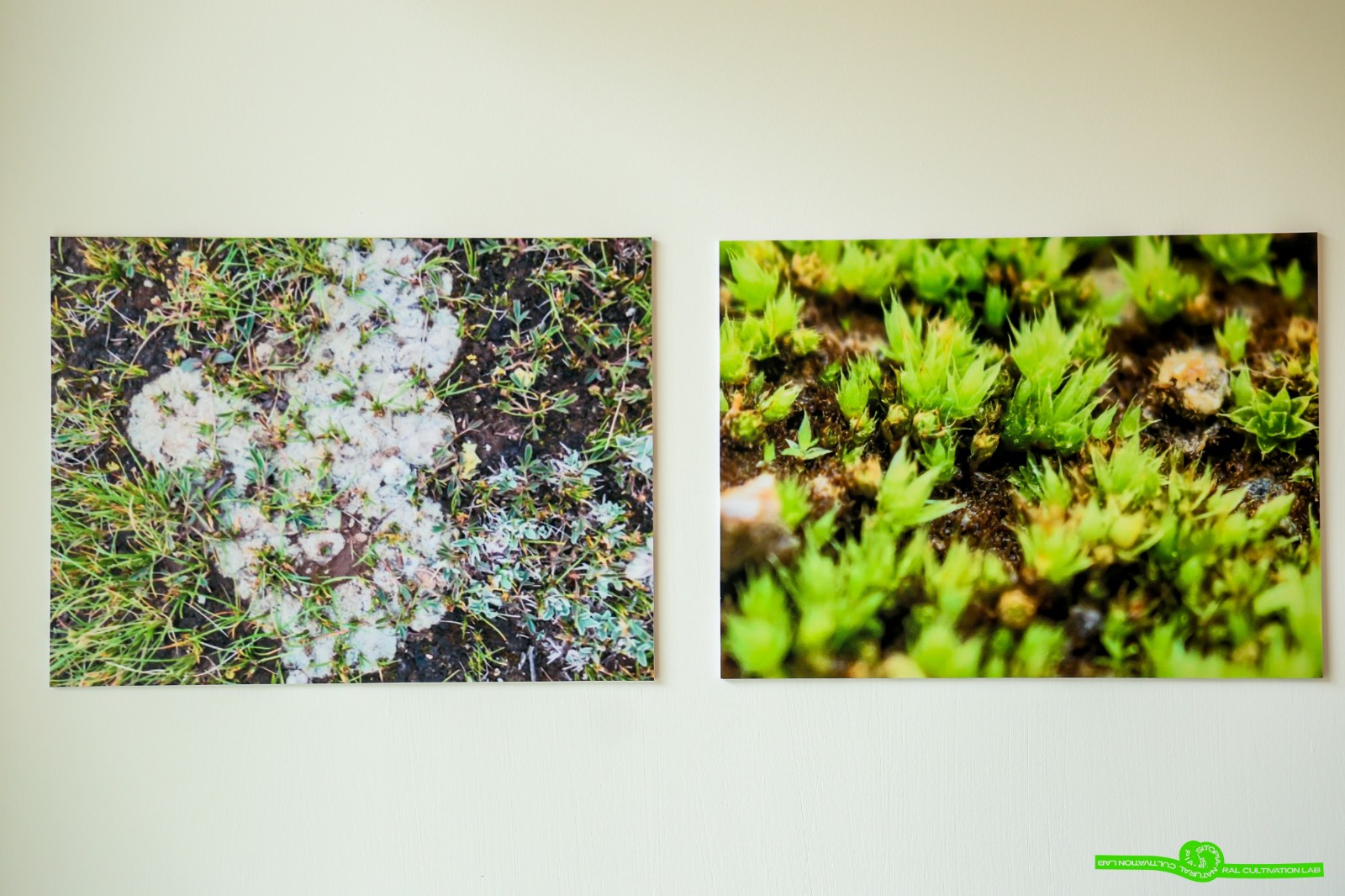
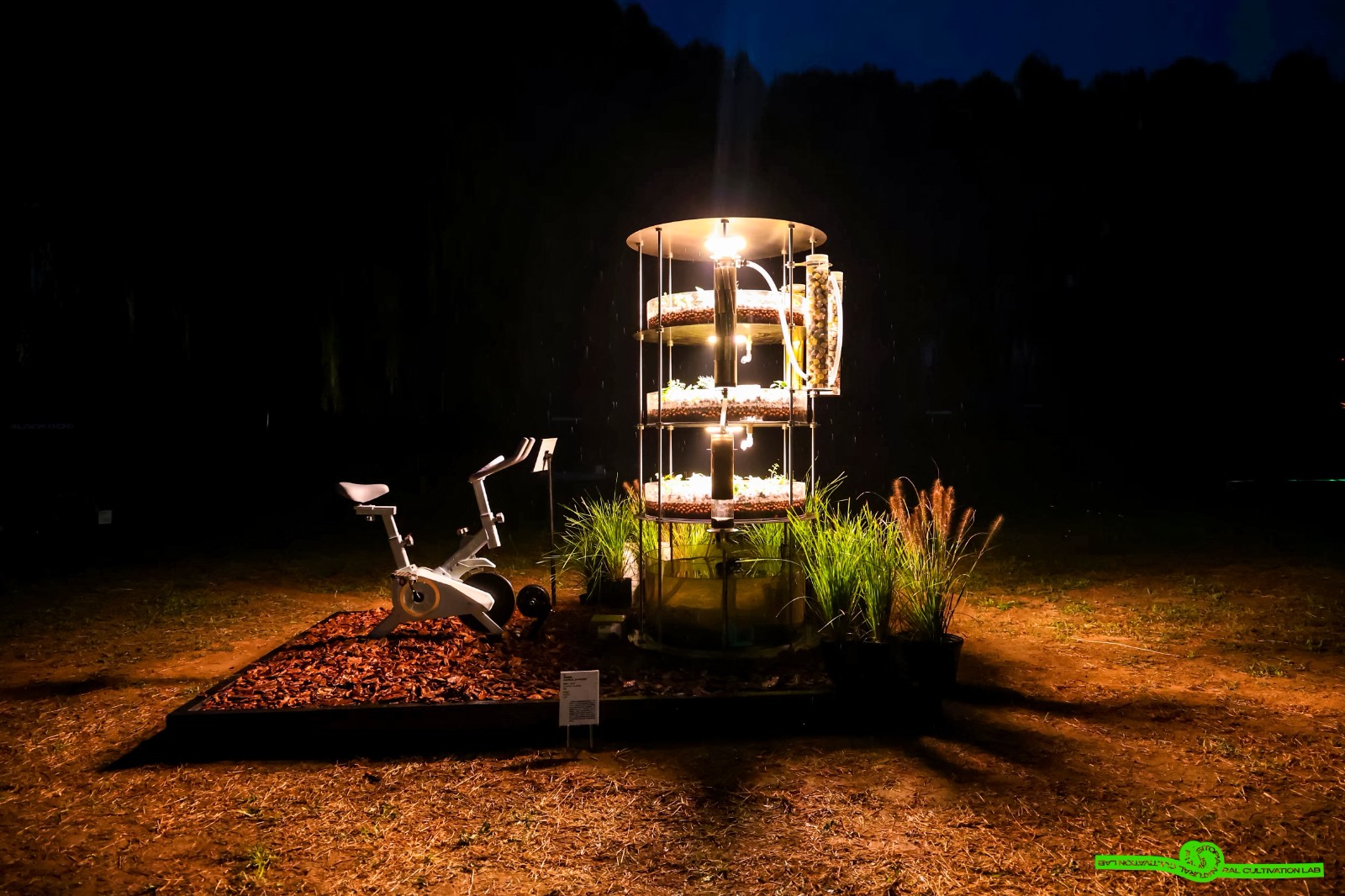
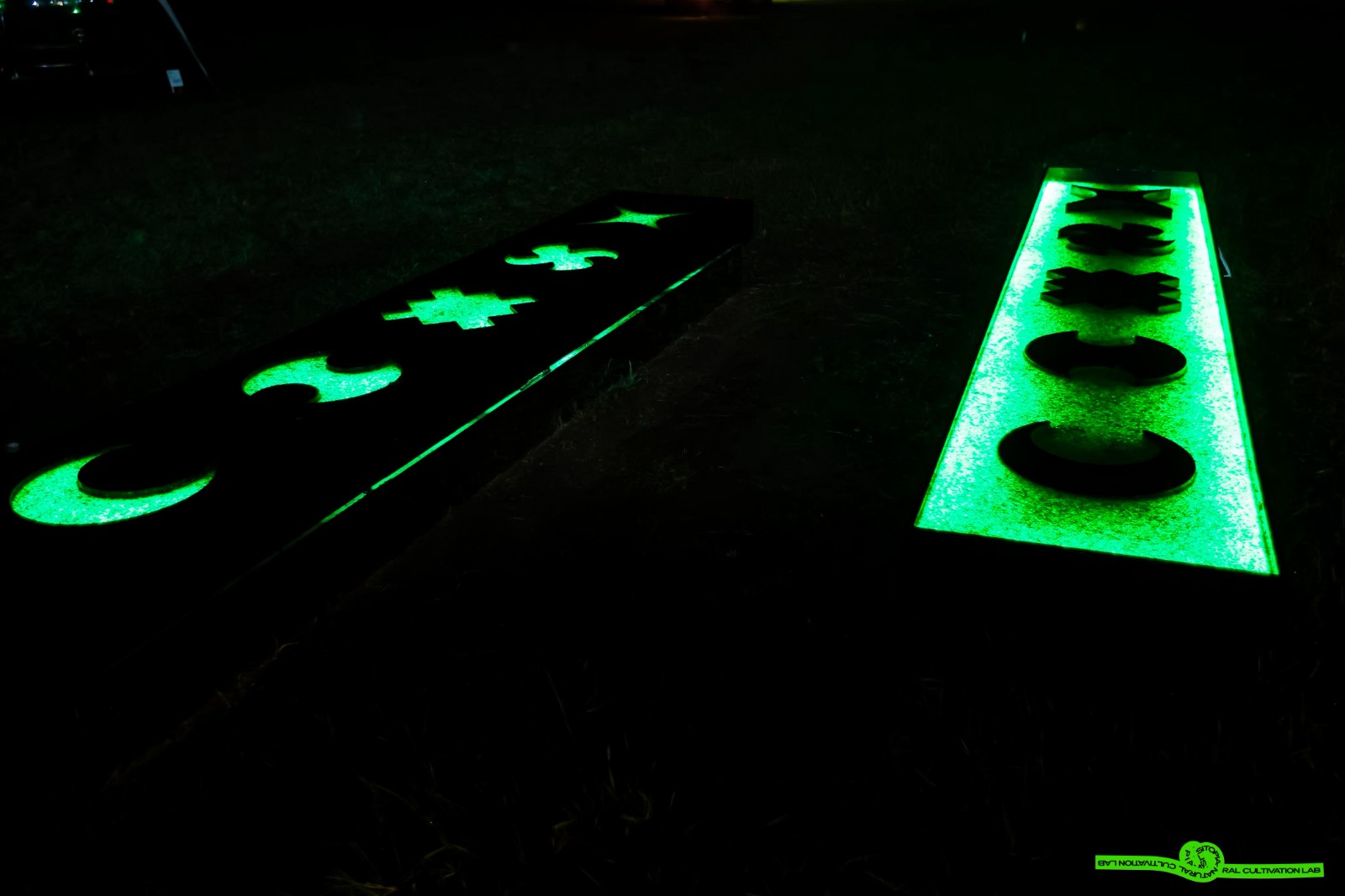
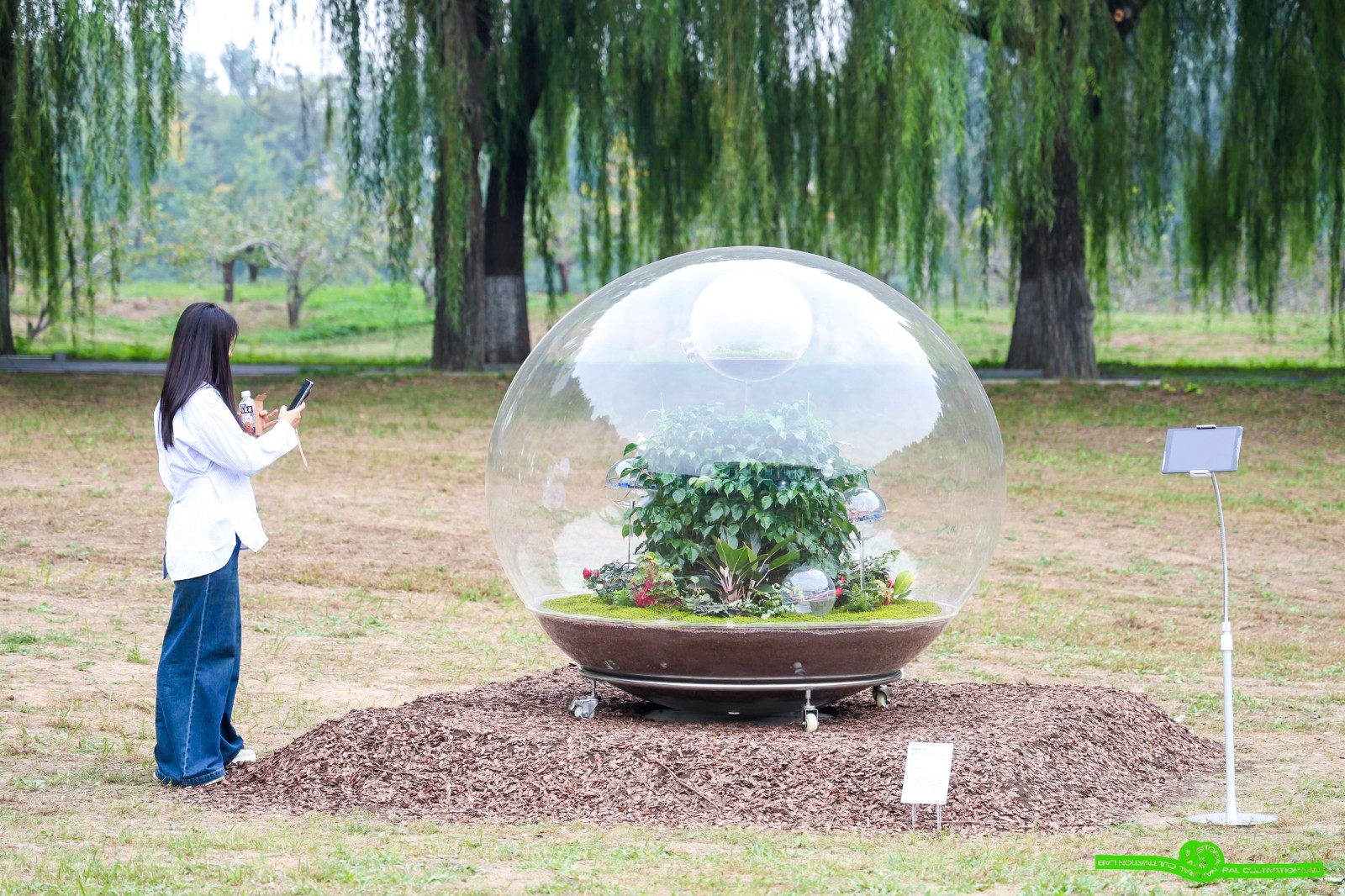
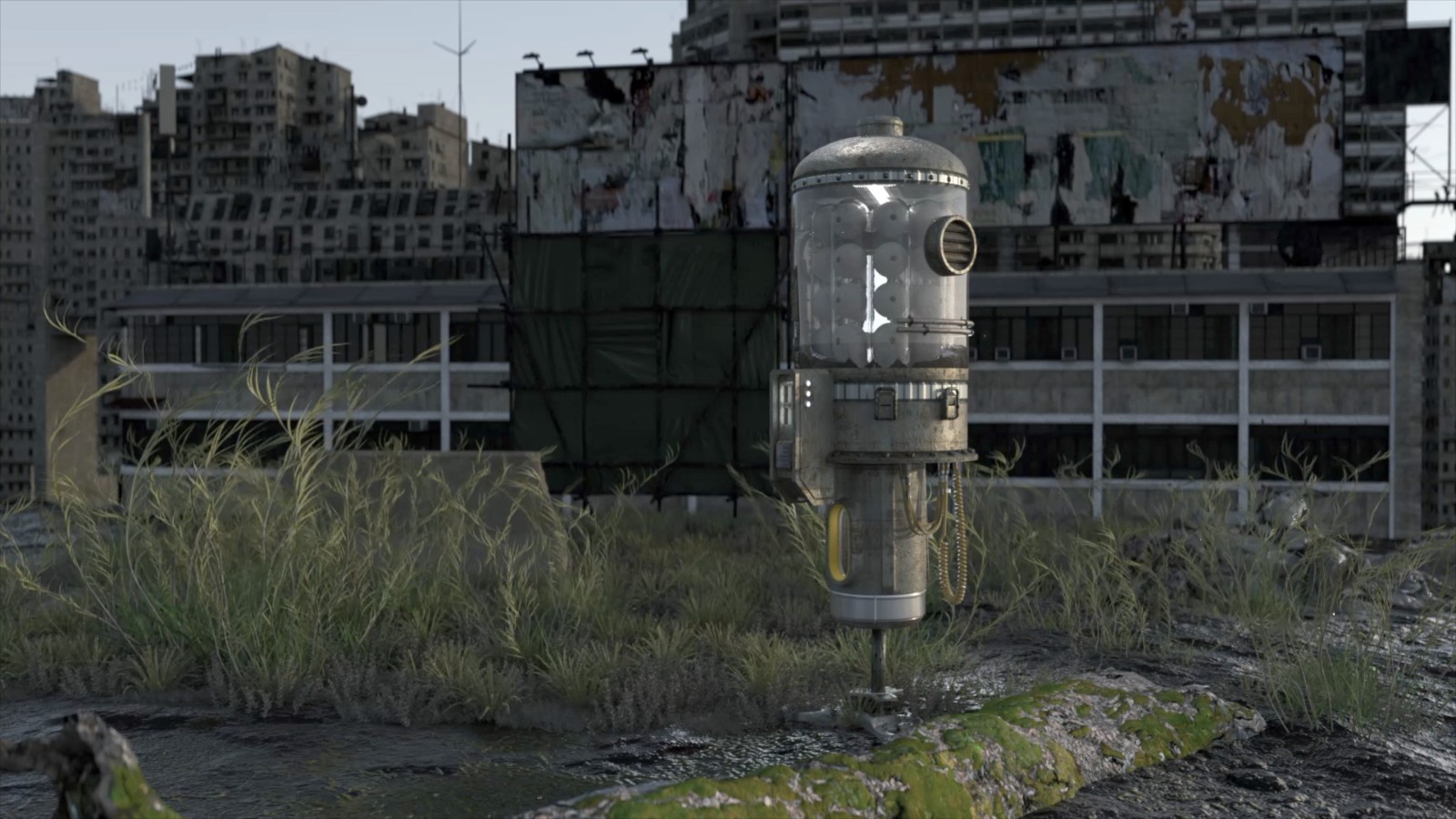
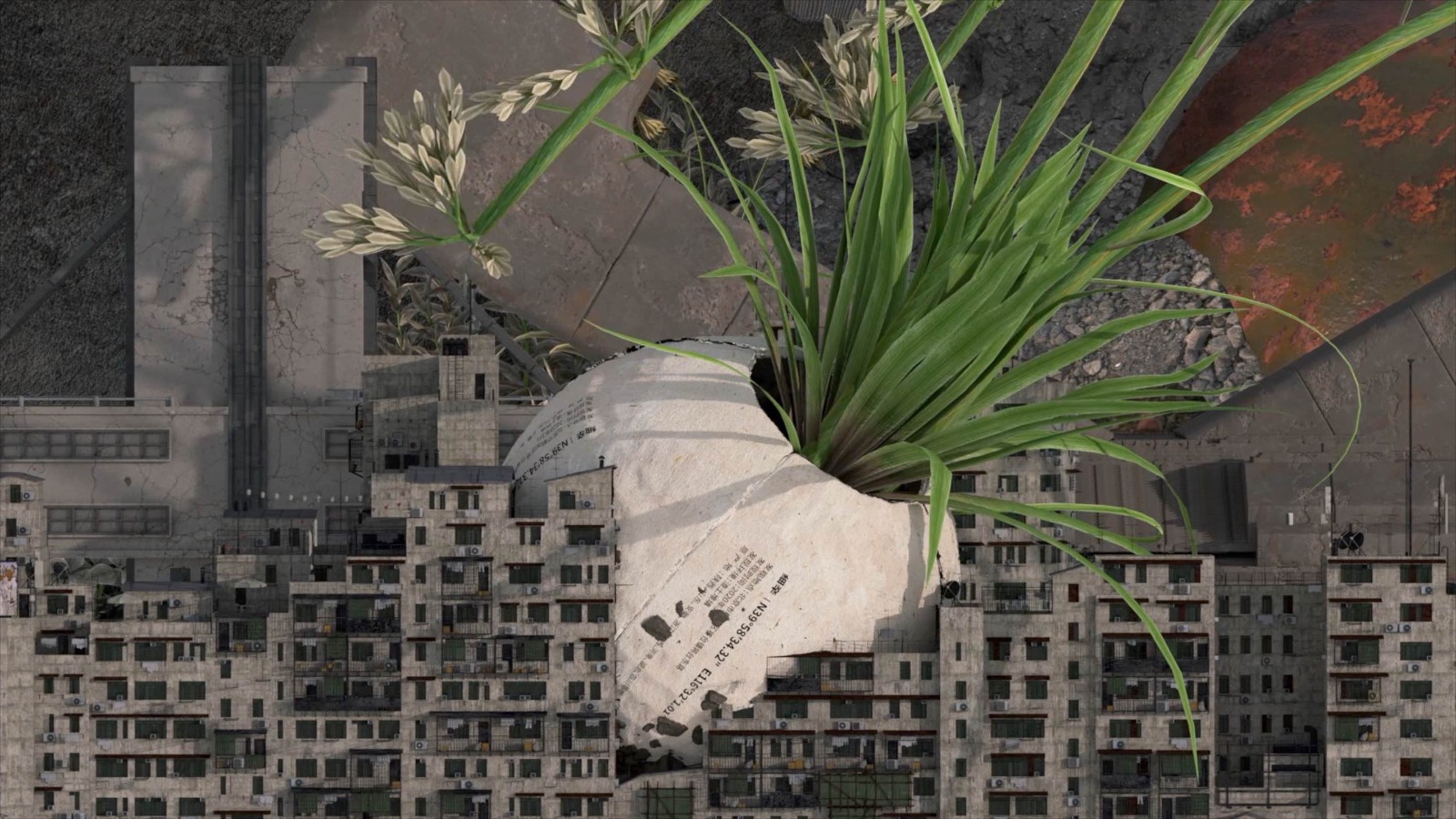 Liang Wenhua, Planting People—Urban Wildland Project
Liang Wenhua, Planting People—Urban Wildland Project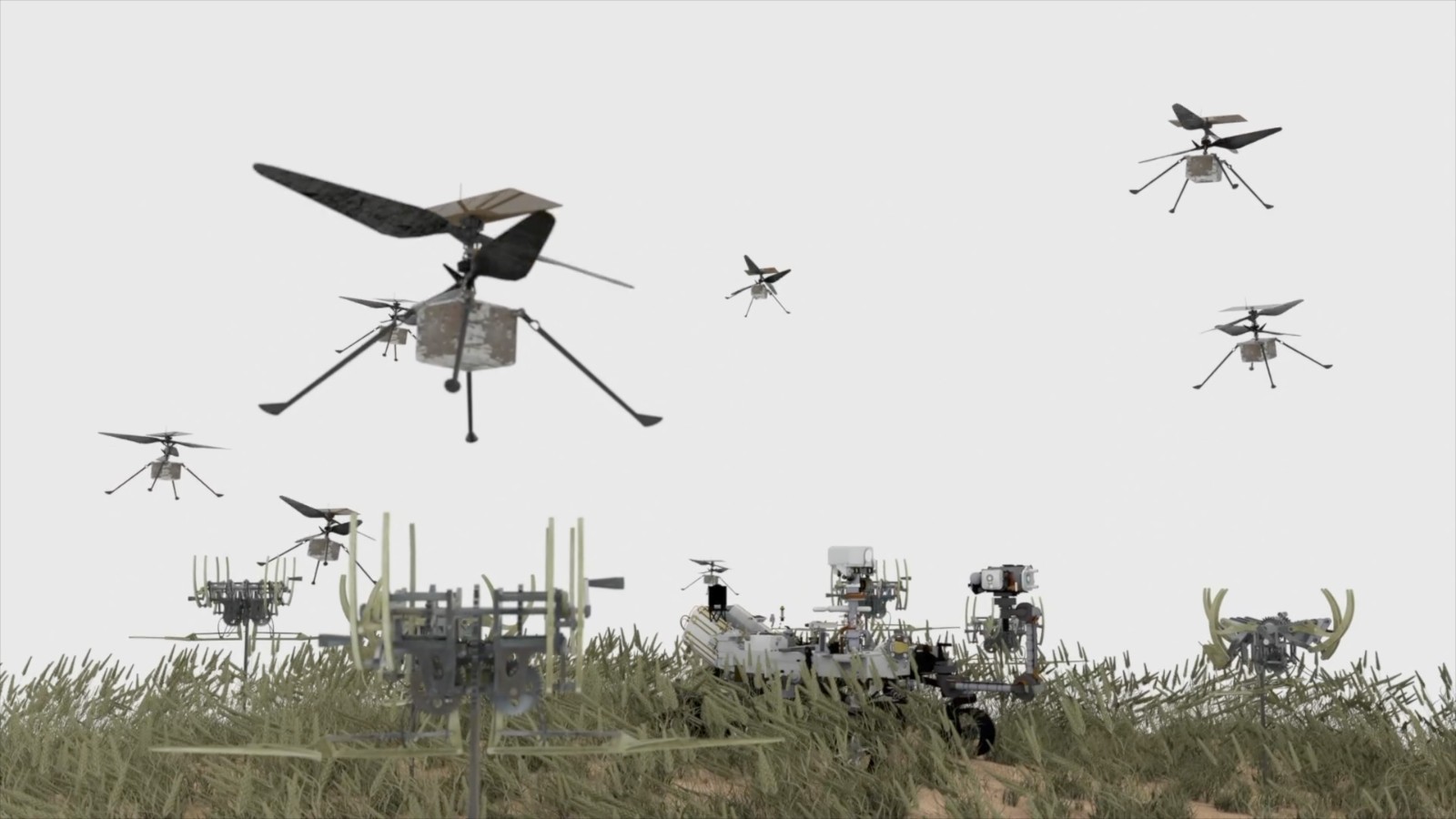
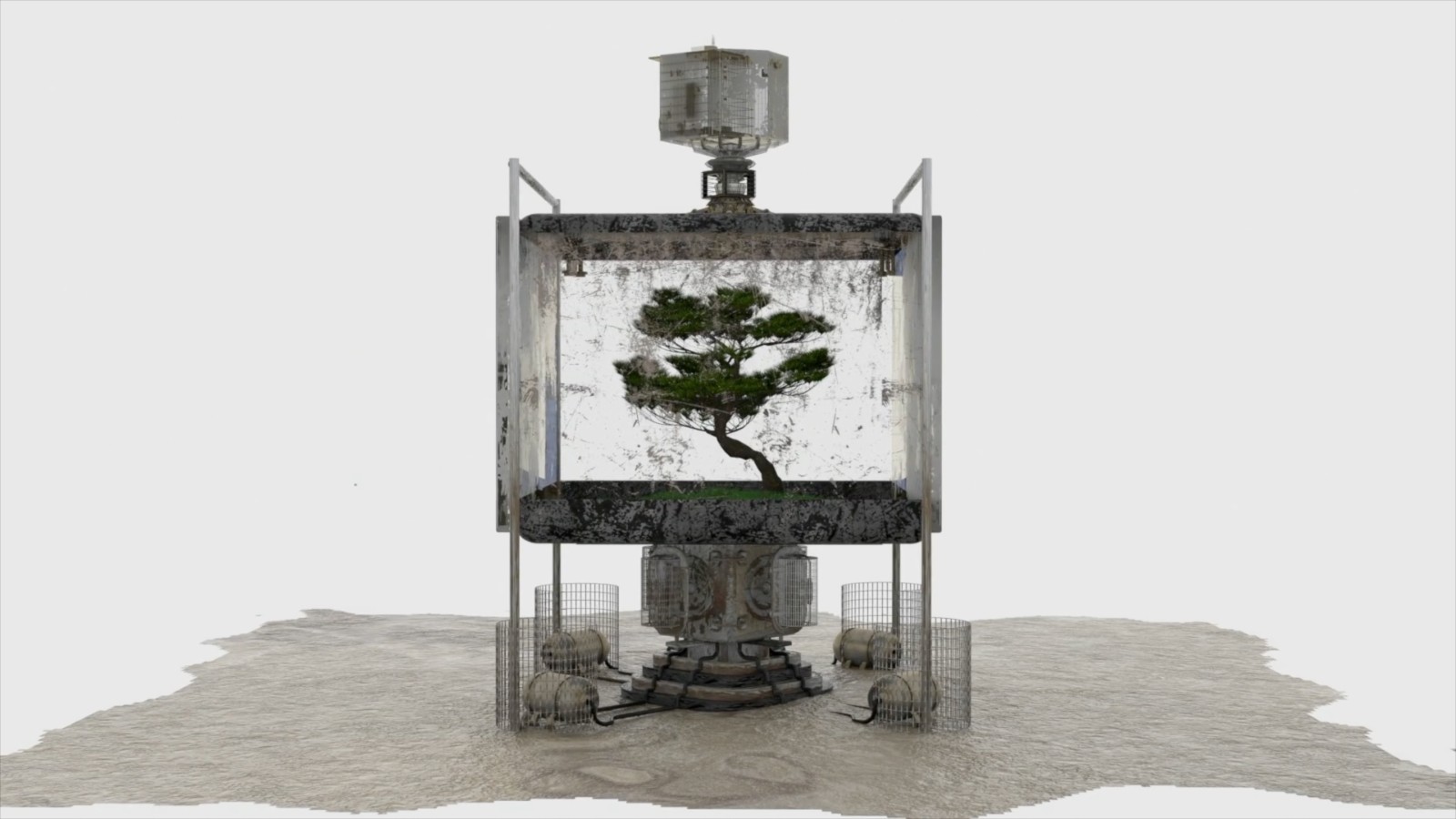 He Congjin, Hybrid Garden
He Congjin, Hybrid Garden
With the works by 13 artists/groups, the exhibition triggers in-depth discussions around the symbiotic relationship between human beings and nature. Based on the Actor-Network Theory, it emphasizes that all lives and substances are interacting actors. Human beings cannot stay outside nature because we are part of this ecological network. However, in the process of industrialization and urbanization, our perception of the origin of food has gradually been lost. Planting, harvesting, and sharing, these originally natural behaviors are being replaced by modern technology and industrial systems. Behind this appearance of convenience are profound environmental and social costs: soil degradation, ecological imbalance, climate changes, and relevant health problems. To address these challenges, the relationship between human beings and nature must be re-examined to seek more sustainable solutions.
About the Exhibition
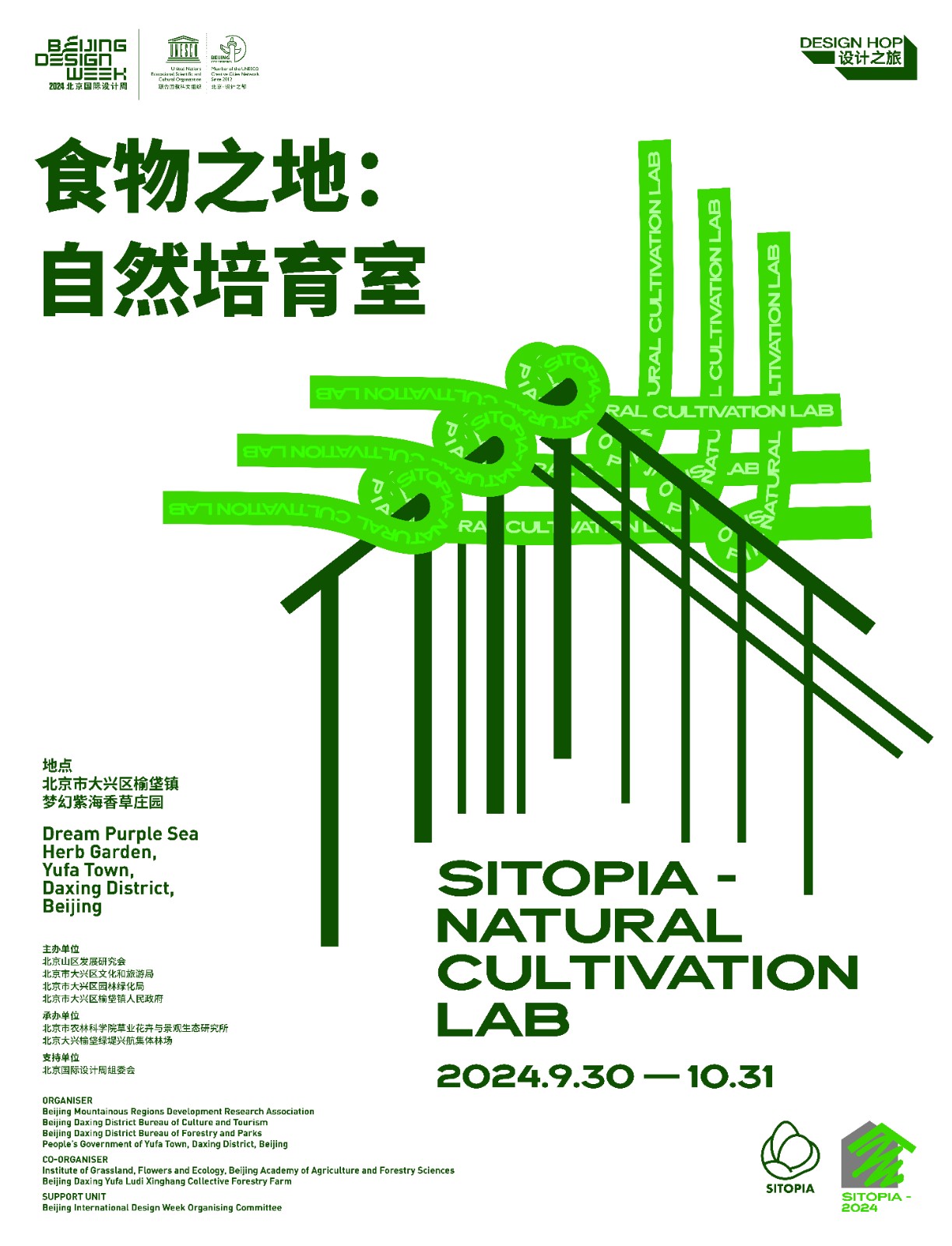 Duration: 30 September-31 October, 2024
Duration: 30 September-31 October, 2024
Venue: Dream Purple Sea Herb Garden, Yufa Town, Daxing District, Beijing
Courtesy of the Organizer, edited (EN) by Sue/CAFA ART INFO.


